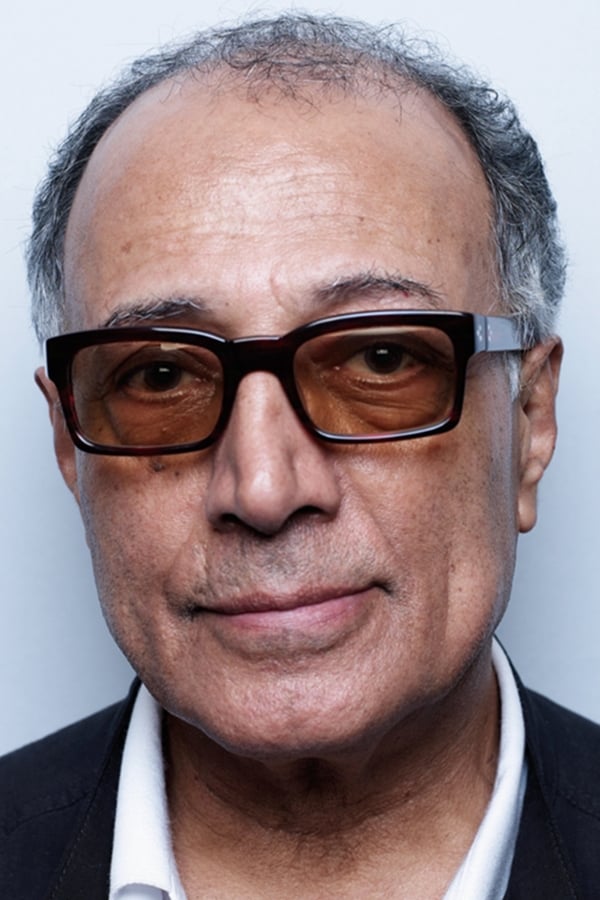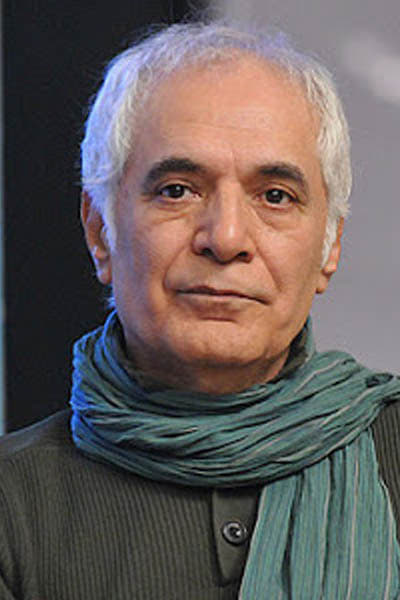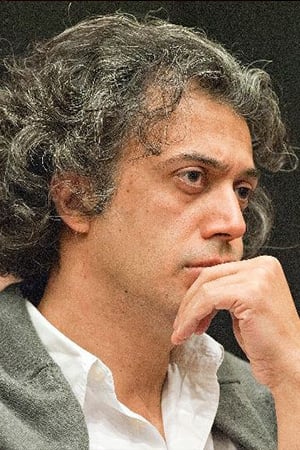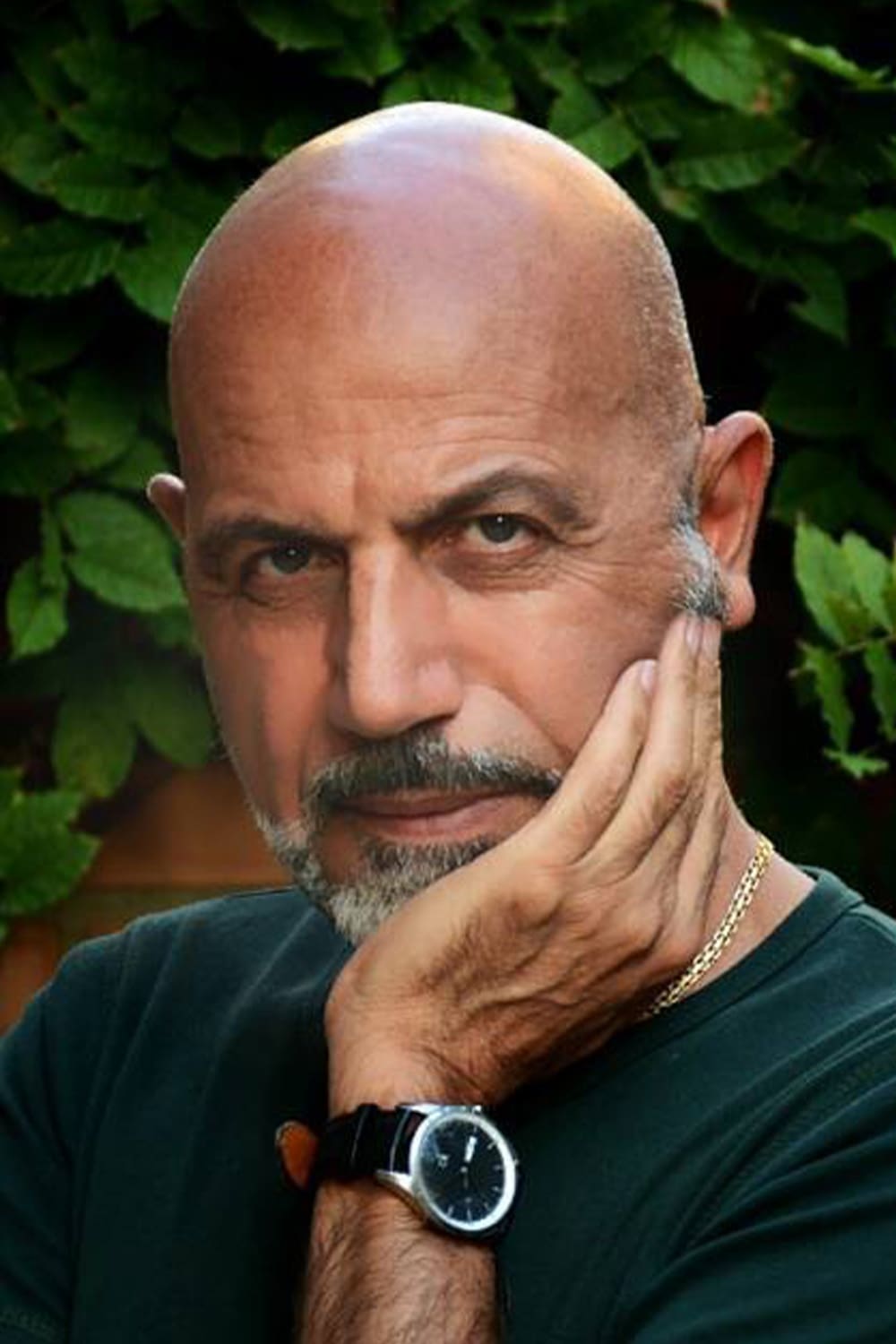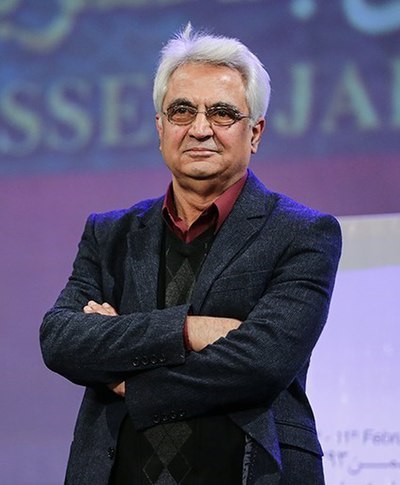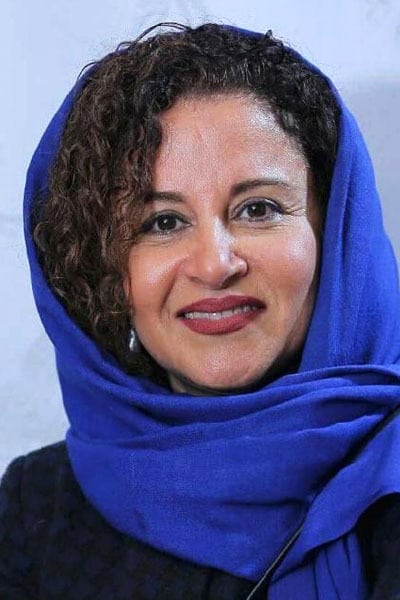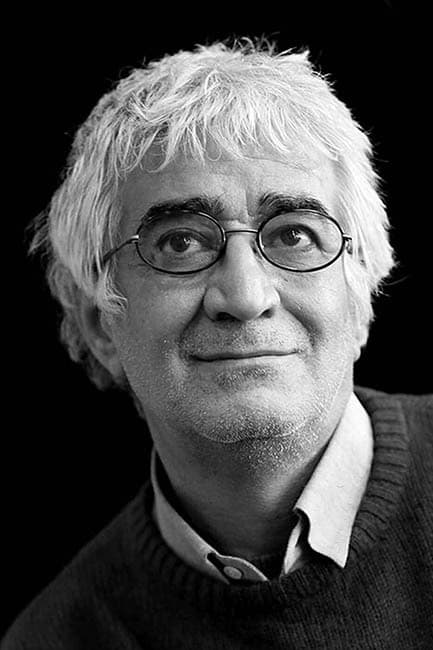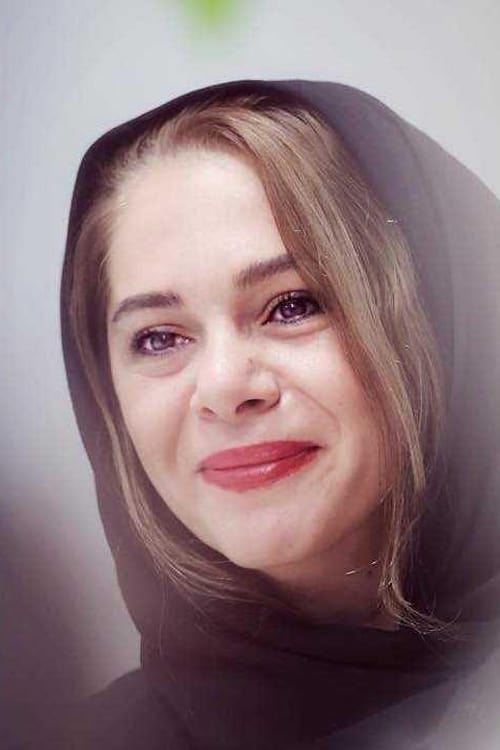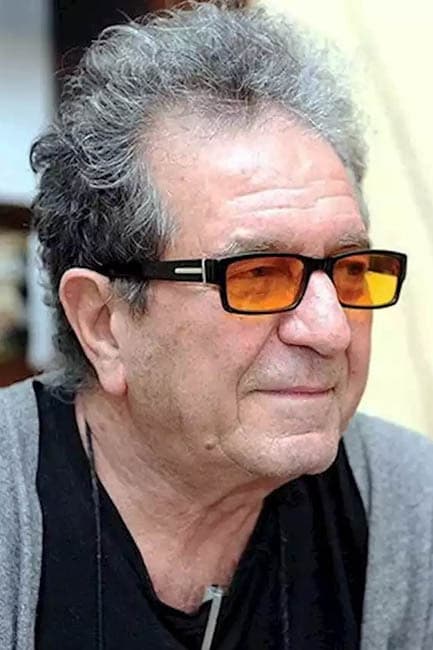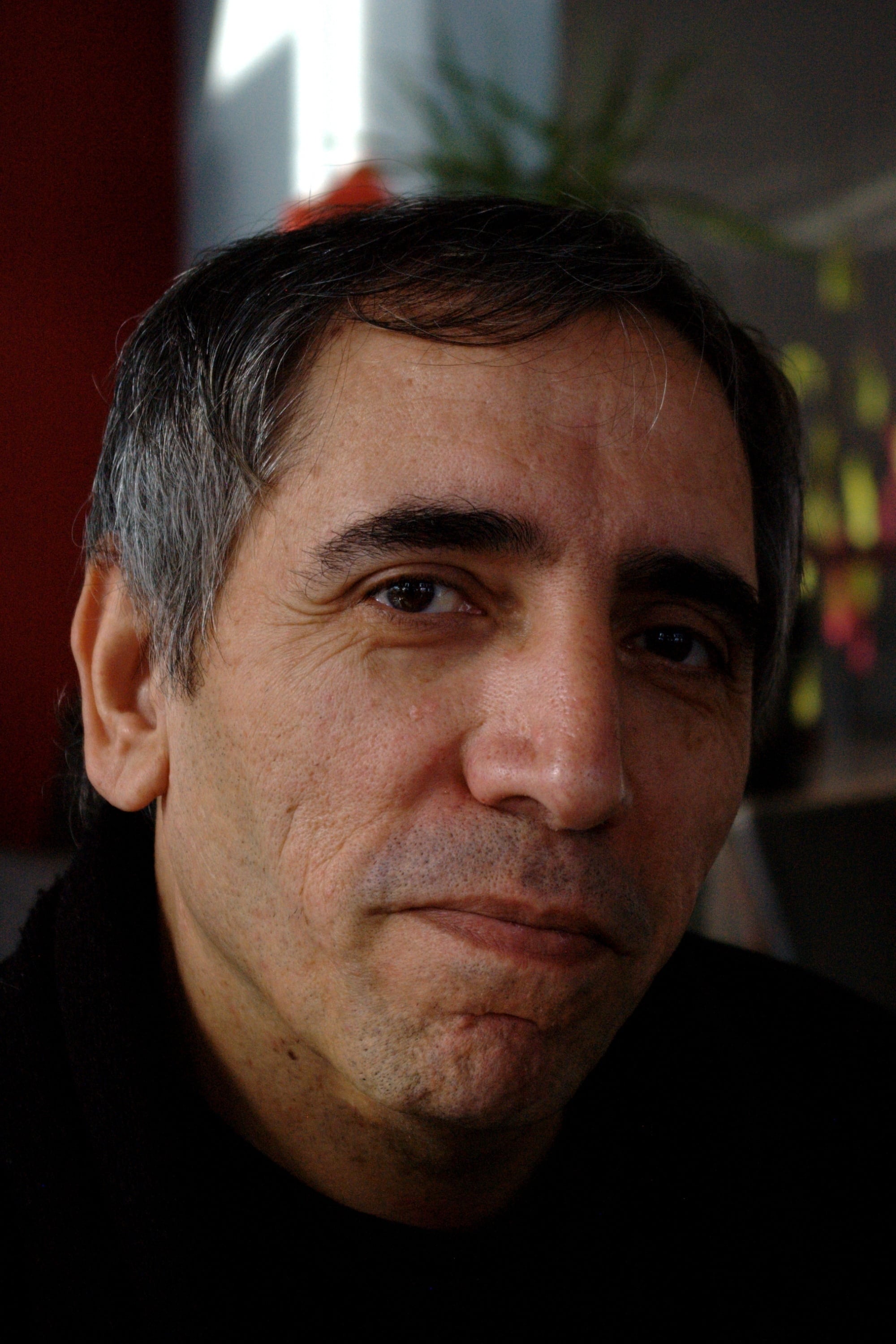Biography
Jafar Panahi is a representative of Iranian “New Wave.” He is one of the leaders of contemporary Iranian cinema. Panahi’s work, from his first attempts to discuss social issues to his later and braver discussions of taboo topics in Iran are a creative reflection on the nature of cinema and human society, and are imbued with humanity. In 2010, the court in Iran sentenced Jafar Panahi to six years in prison. In addition, according to the sentence, Panahi was banned from making films for 20 years, giving interviews to local and international media outlets, and leaving Iran. Three Faces was his fourth film (after This Is Not a Film, Closed Curtain, and Taxi) shot after his arrest. The director did not attend the premiere due to being banned from leaving Iran. Panahi is a student of Abbas Kiarostami, whose influence is especially clear in Three Faces, reminiscent of such acclaimed masterpieces as The Wind Will Carry Us and Taste of Cherry.
Filmography
all 42
Movies 42
Director 14
self 13
Producer 2
Writer 1
Screenplay 1
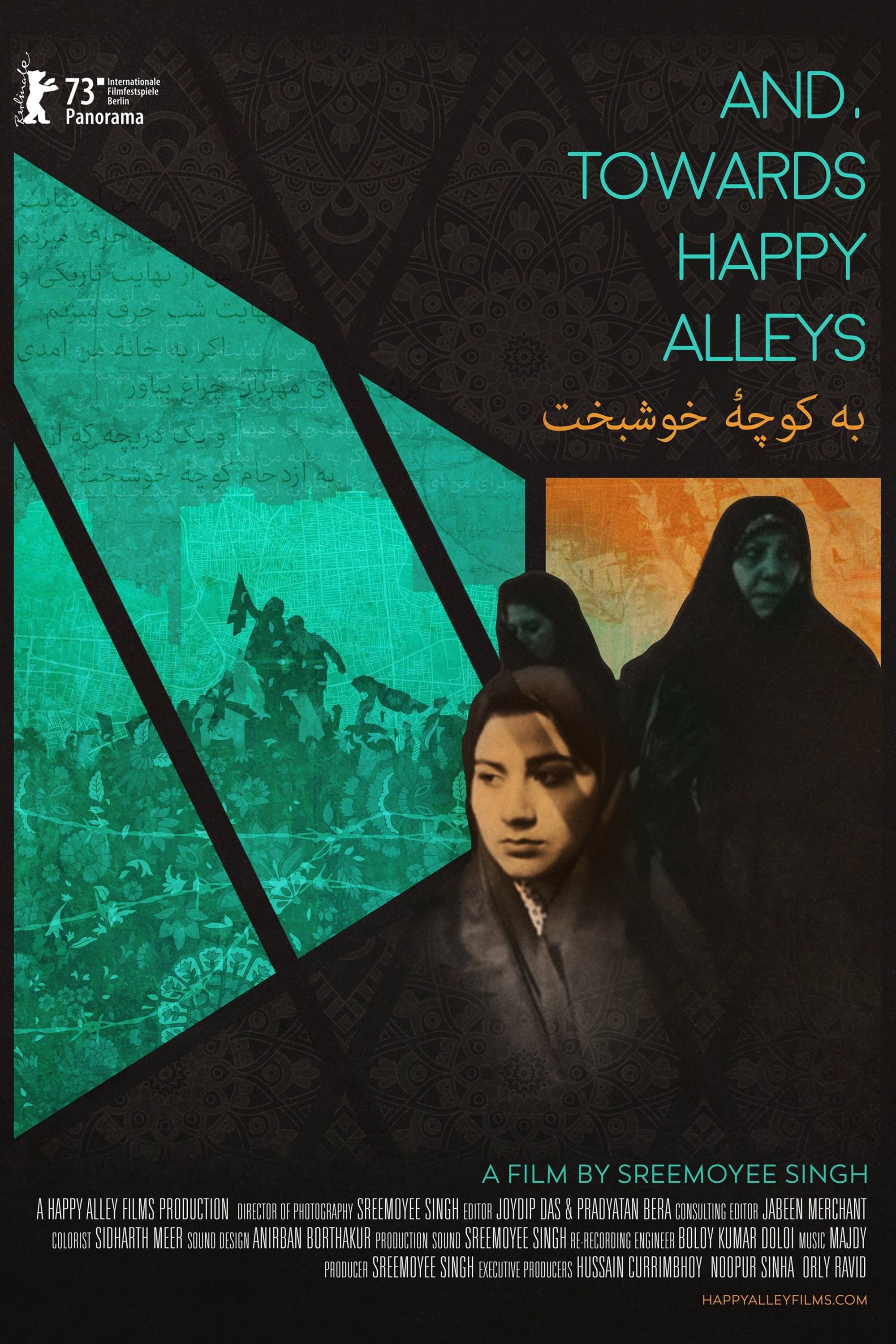
And, Towards Happy Alleys (2023)
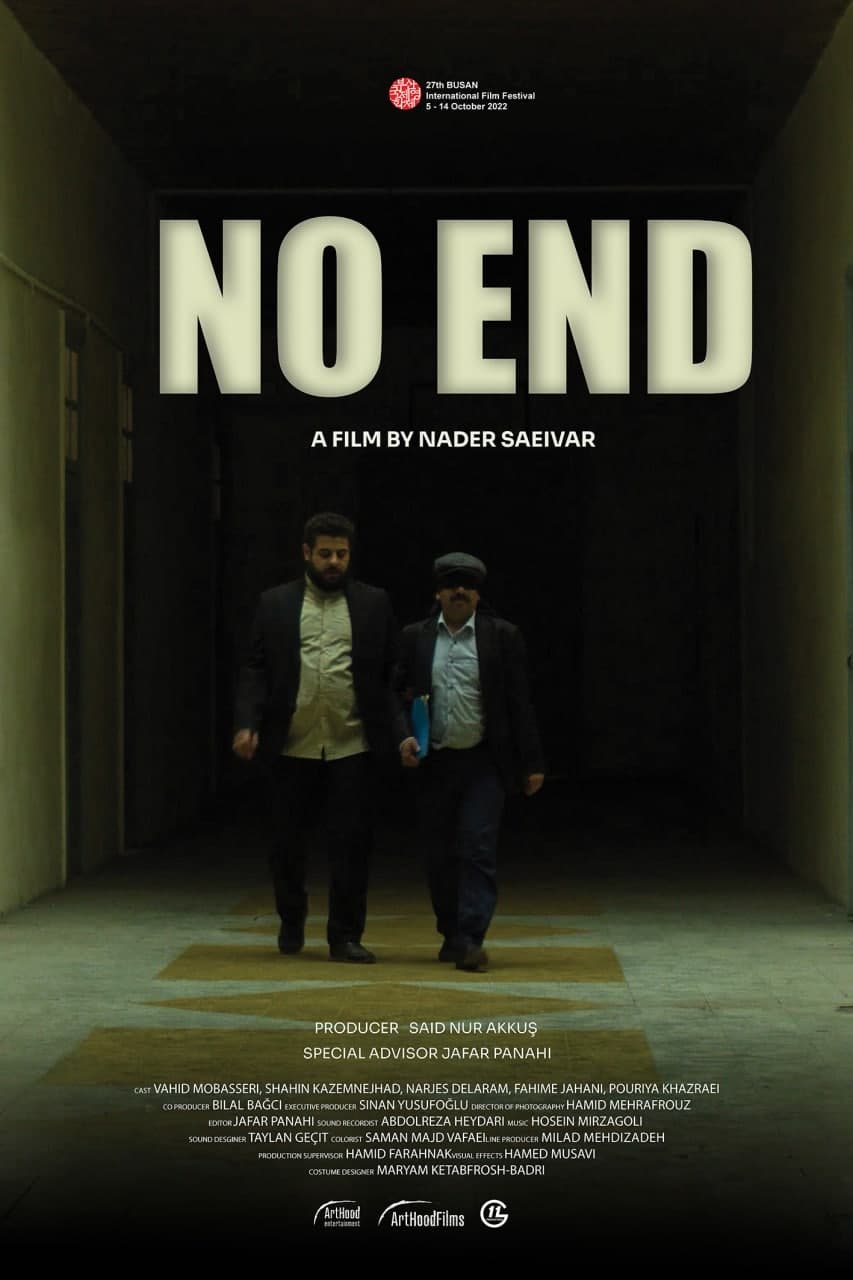
No End (2022)
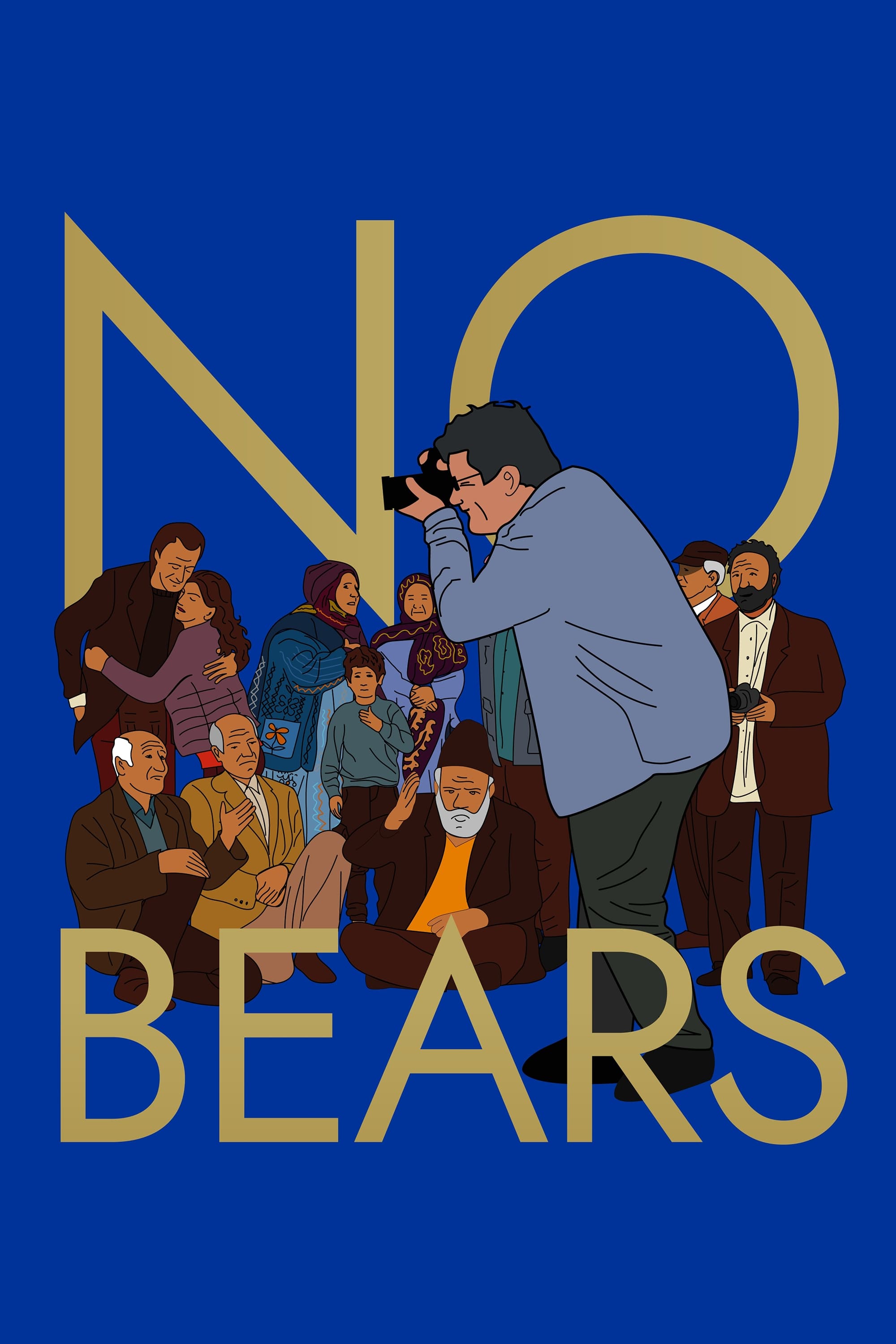
No Bears (2022)
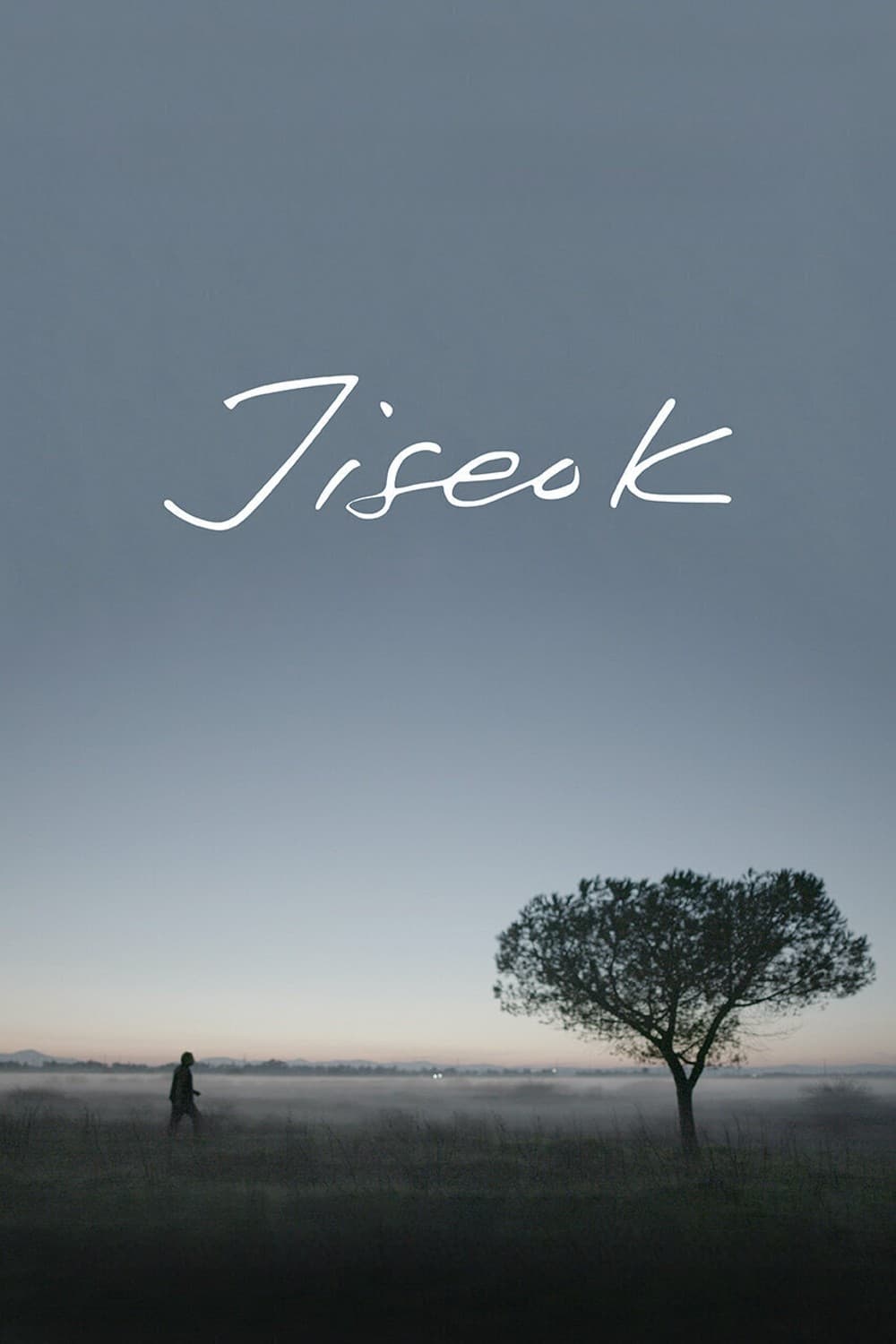
Jiseok (2022)
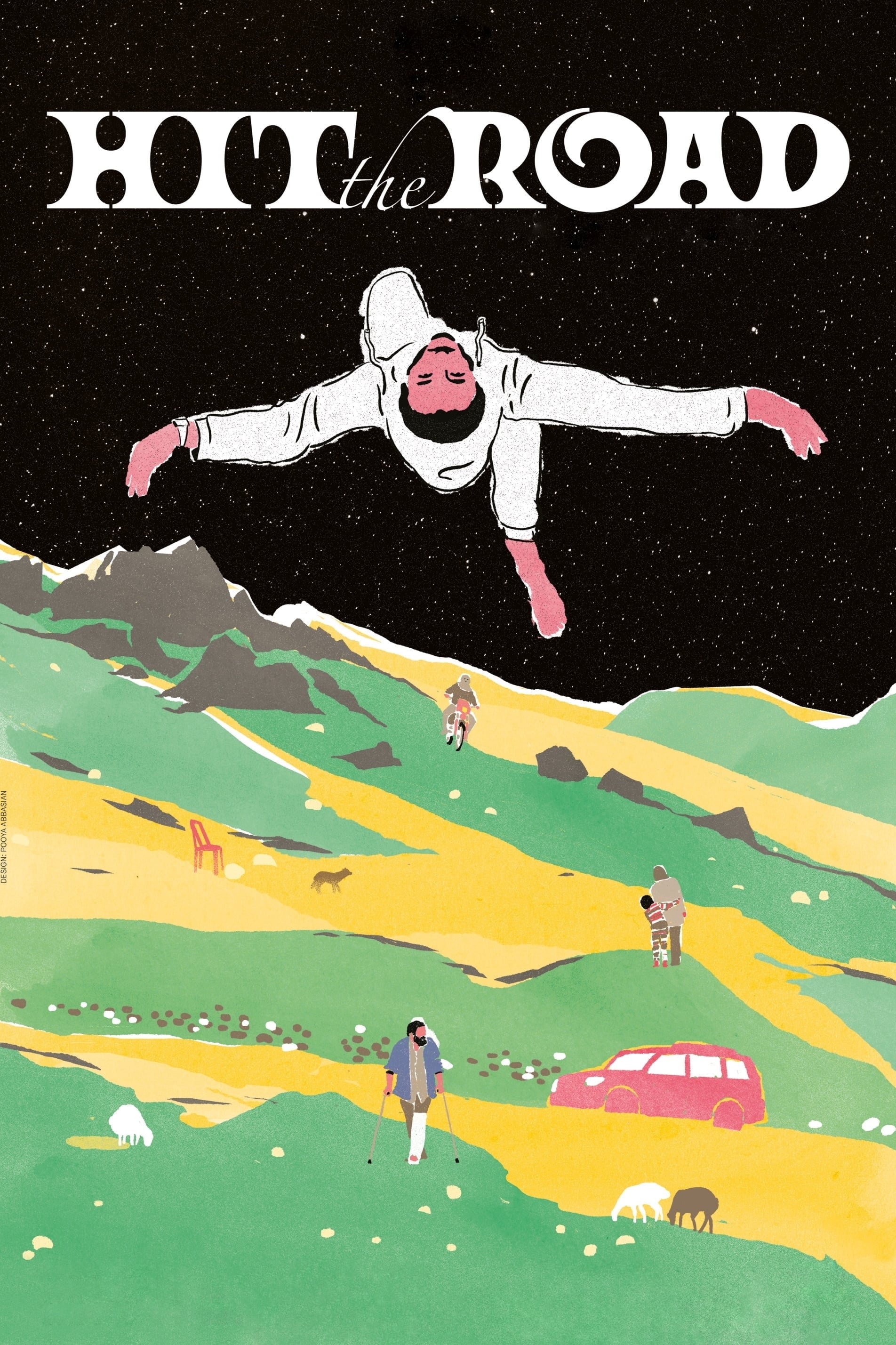
Hit the Road (2021)
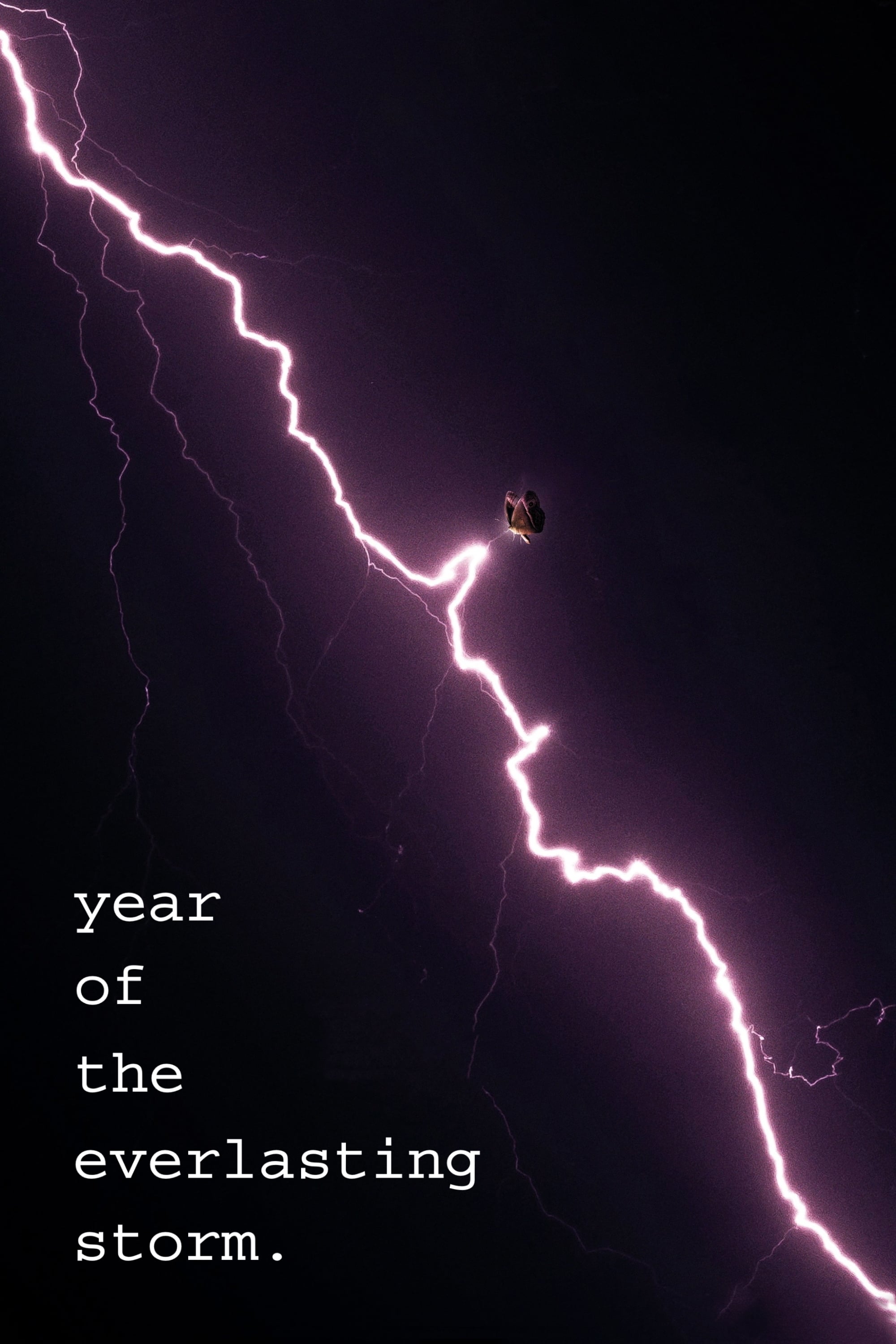
The Year of the Everlasting Storm (2021)
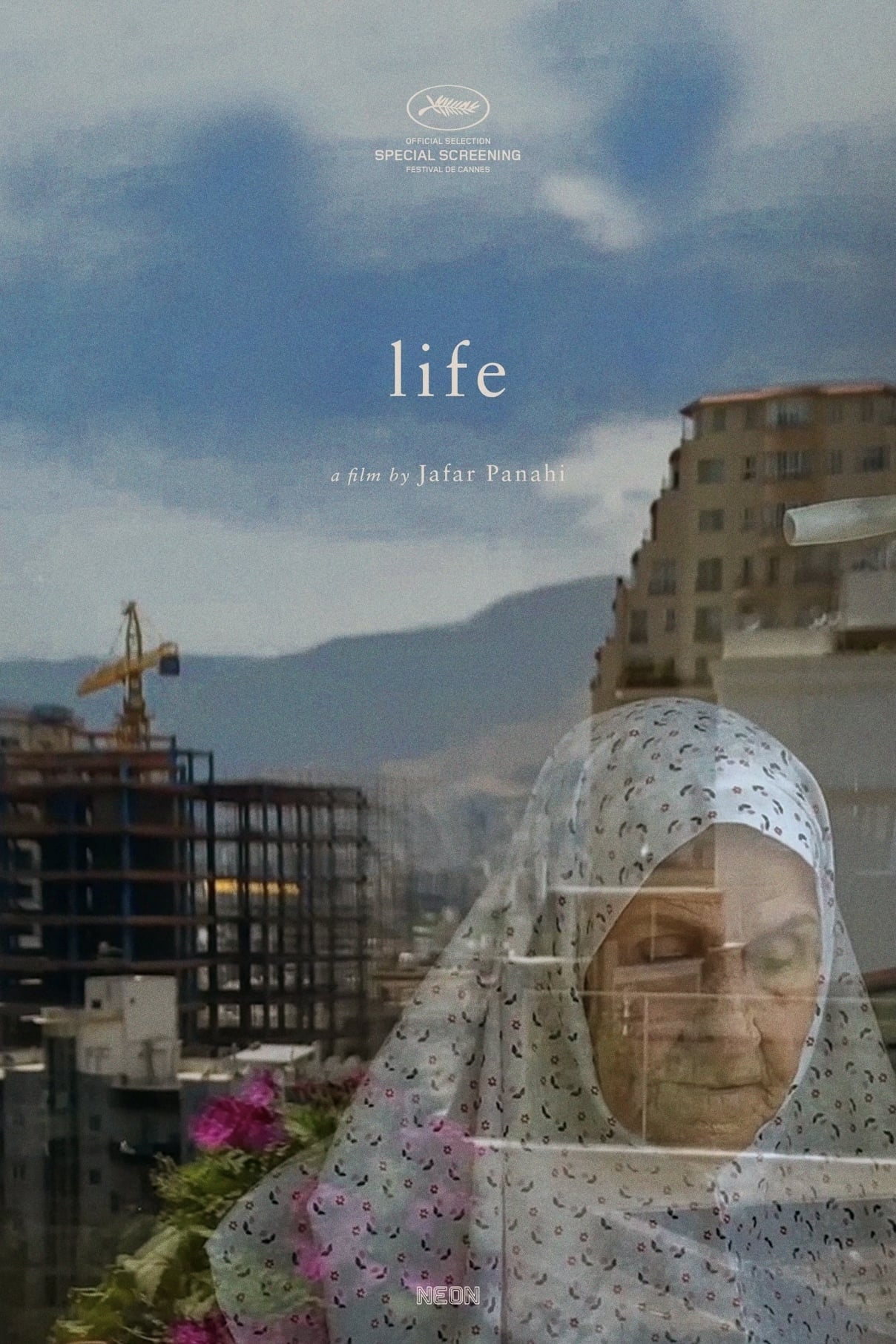
Life (2021)
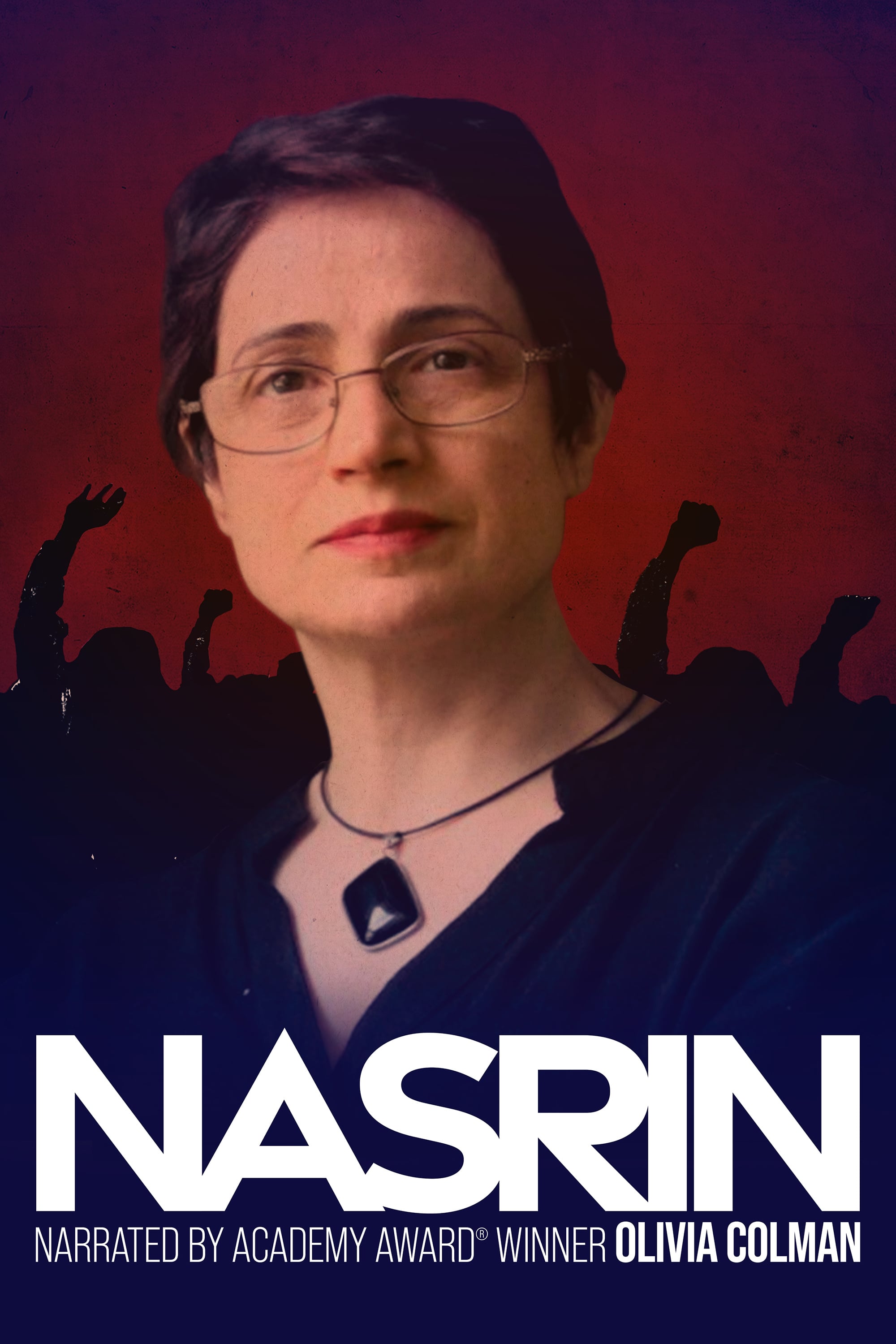
Nasrin (2020)
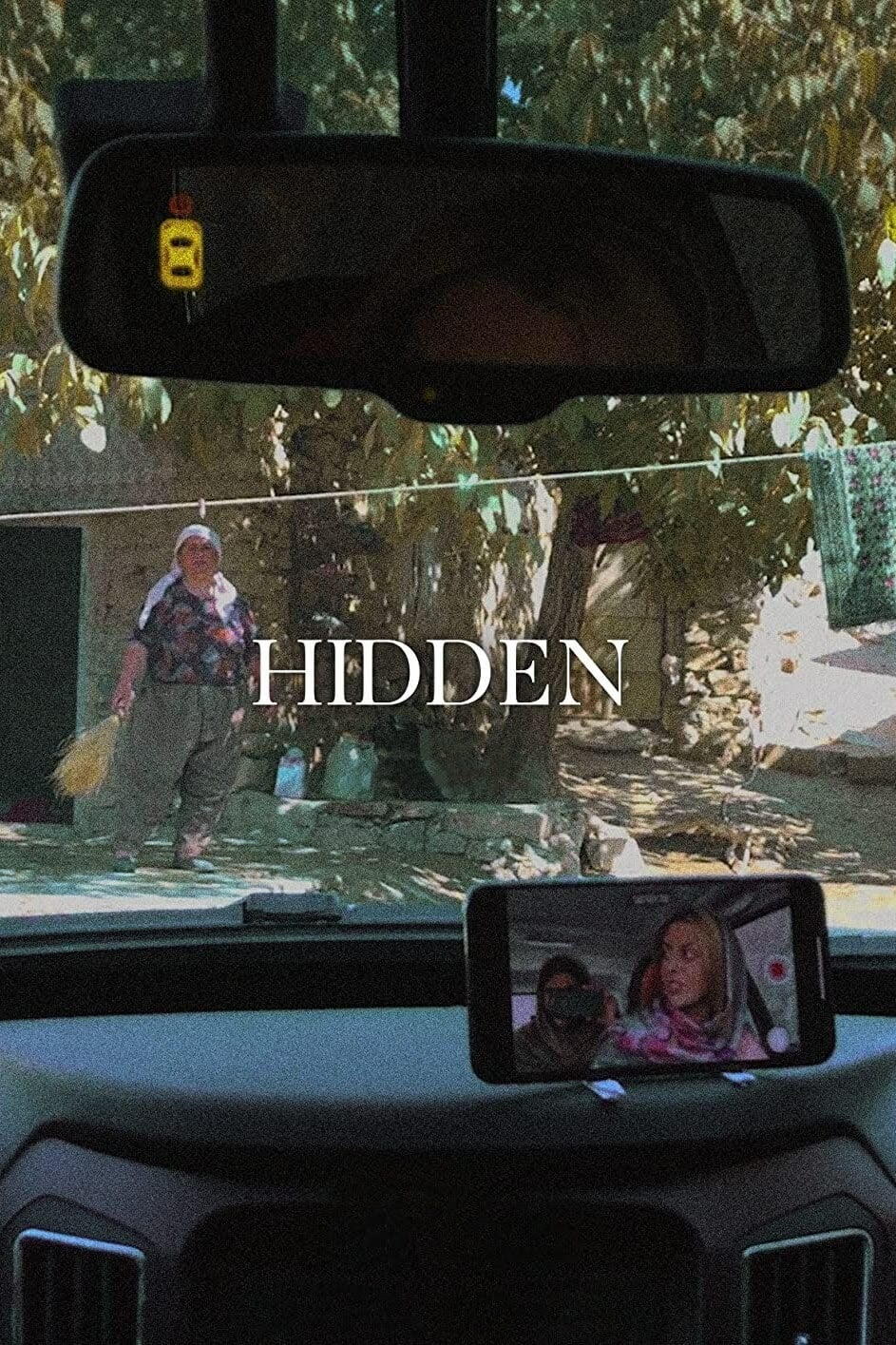
Hidden (2020)
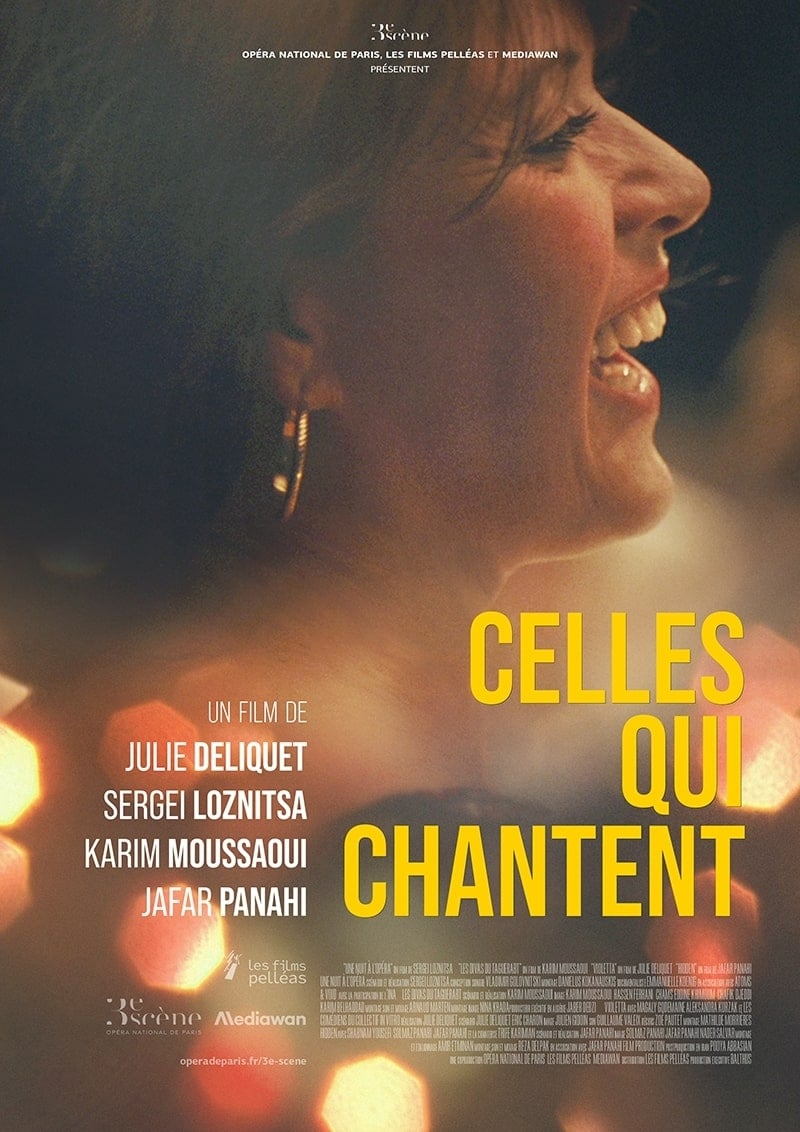
Celles qui chantent (2020)
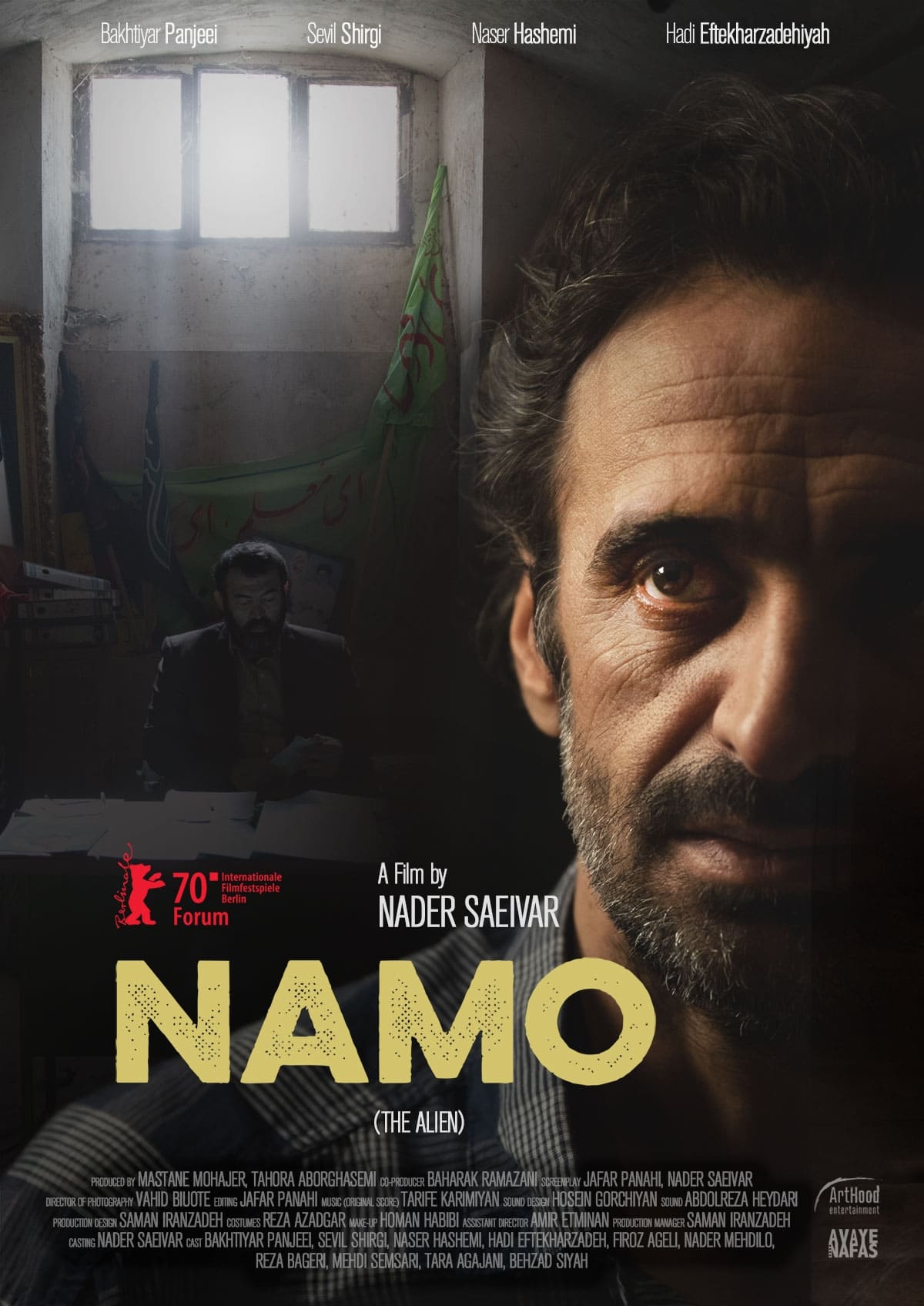
The Alien (2020)
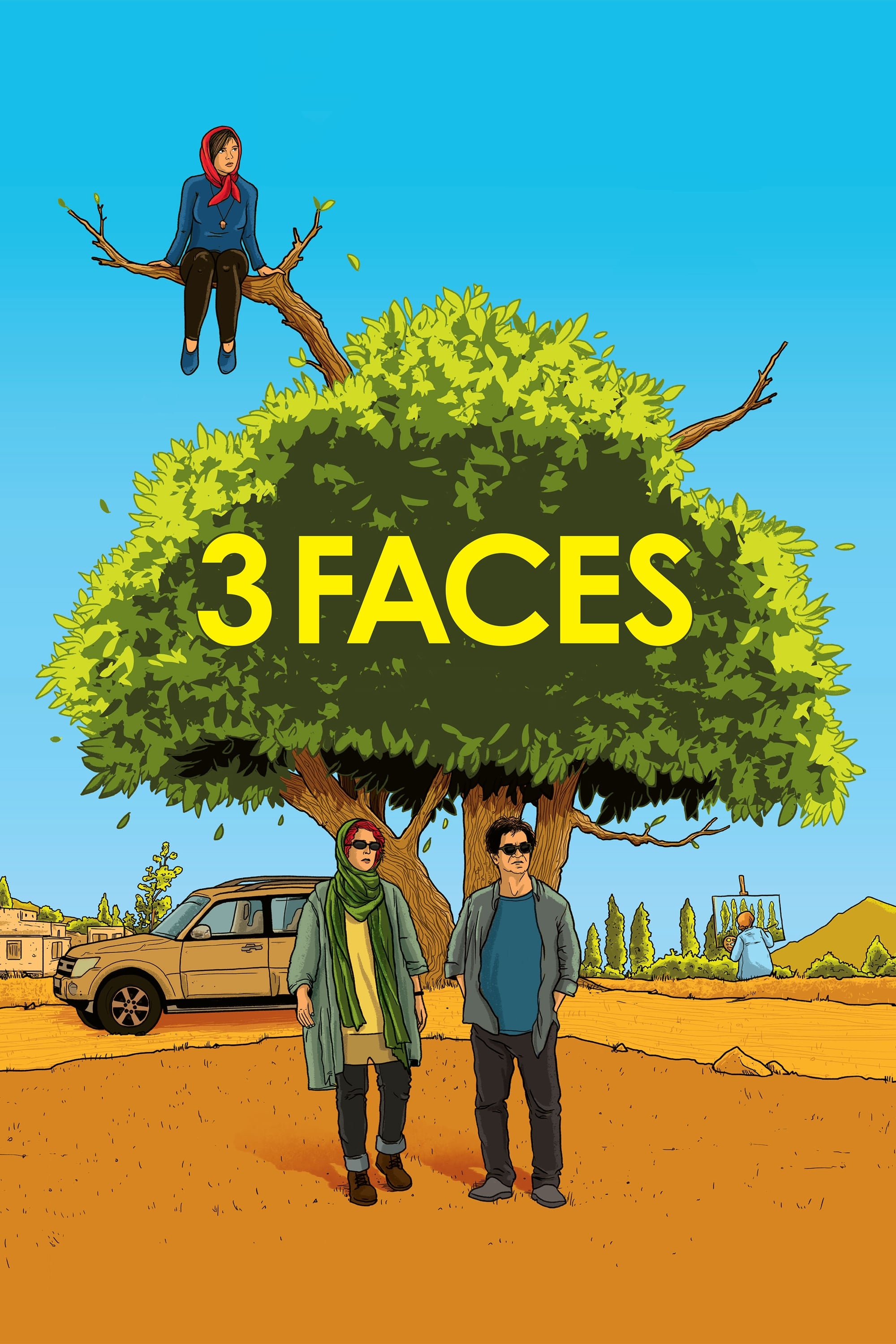
3 Faces (2018)
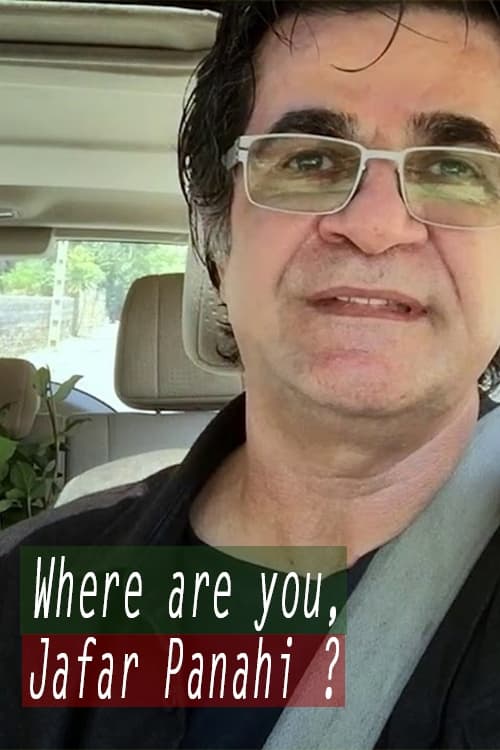
Where Are You, Jafar Panahi? (2016)
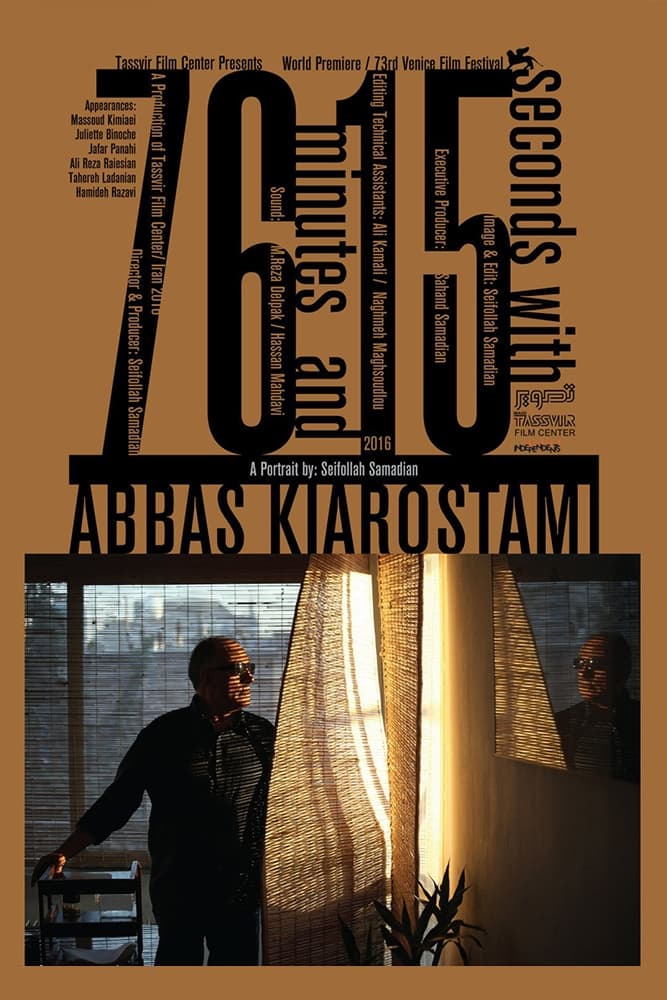
76 Minutes and 15 seconds with Abbas Kiarostami (2016)
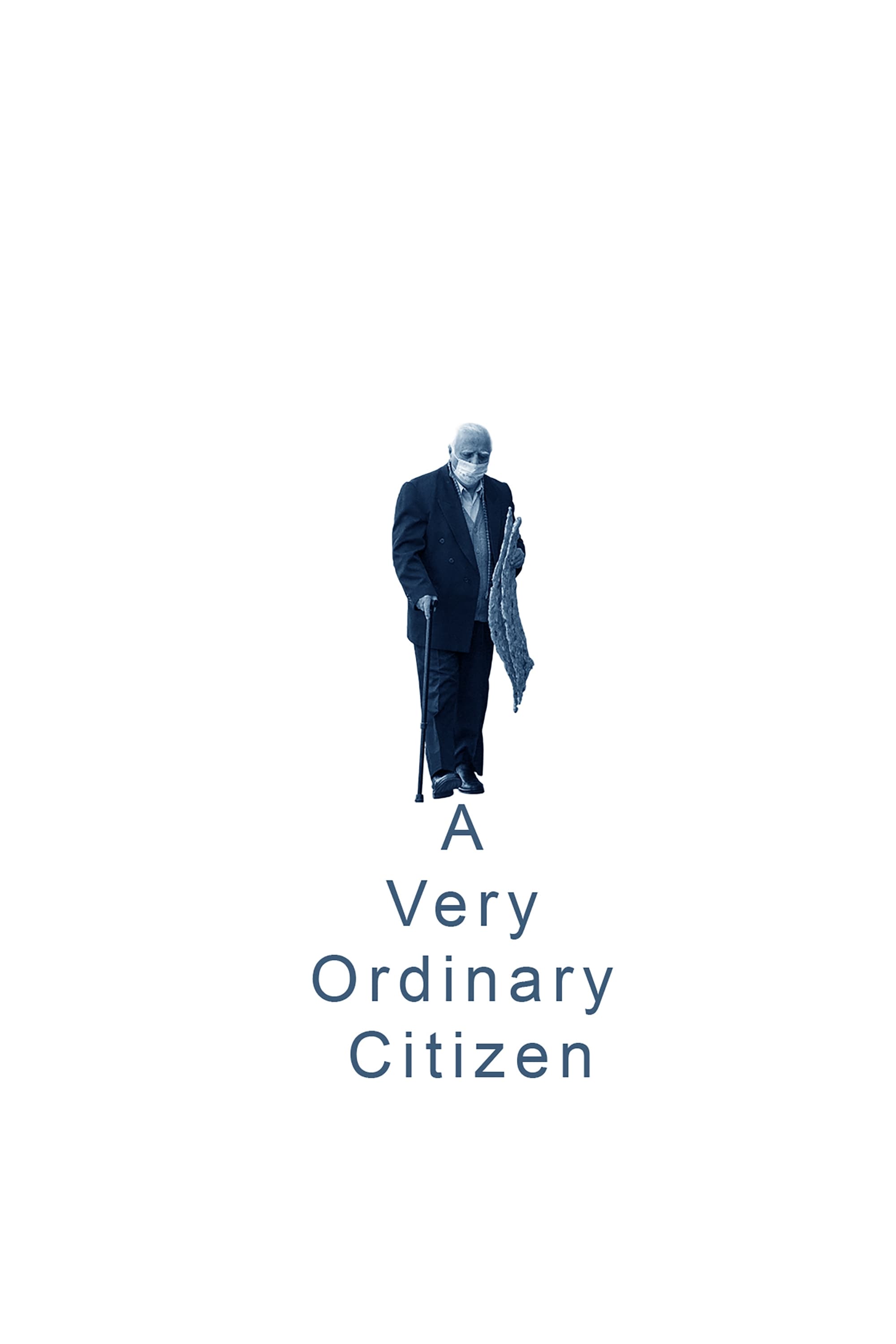
A Very Ordinary Citizen (2015)
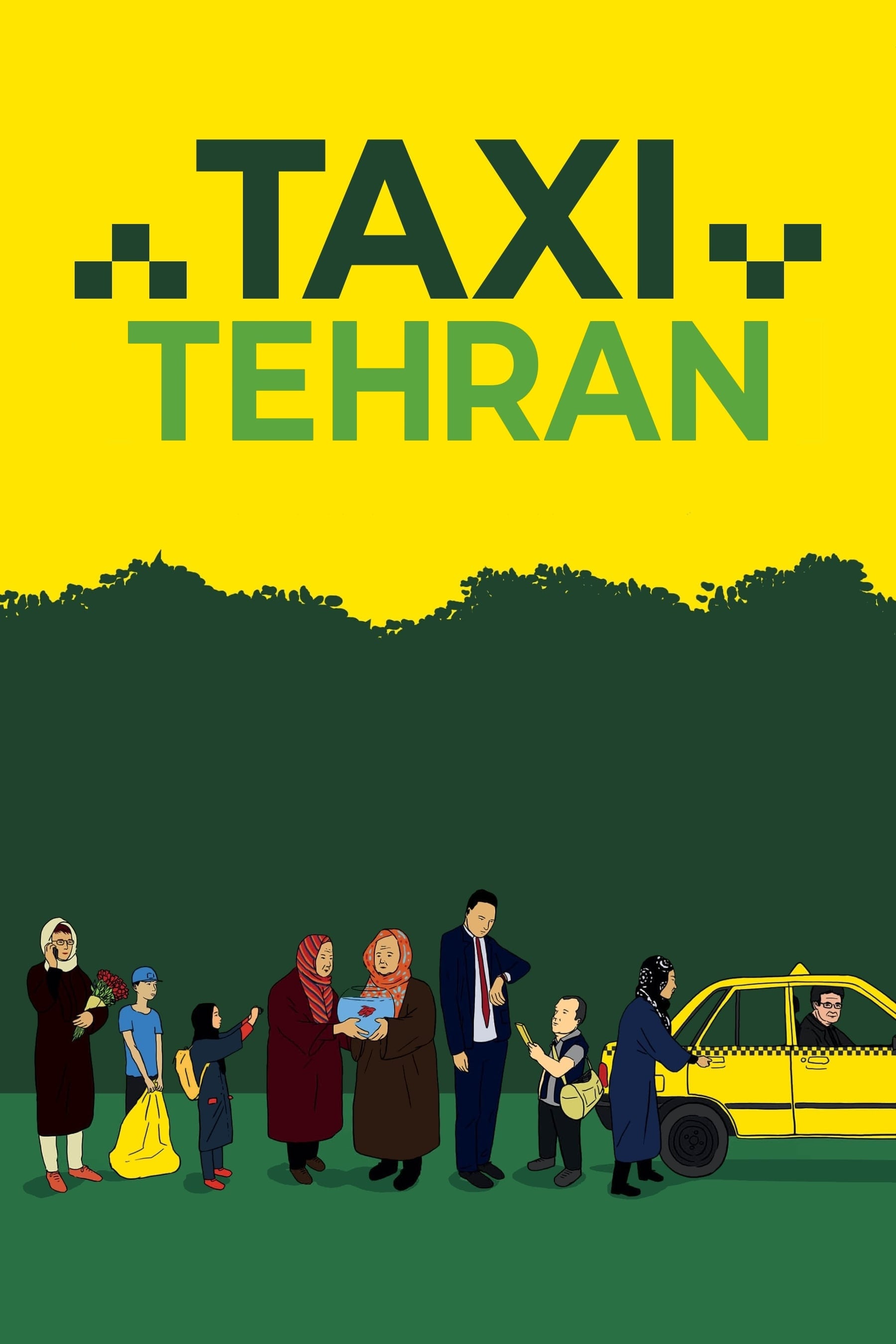
Taxi (2015)
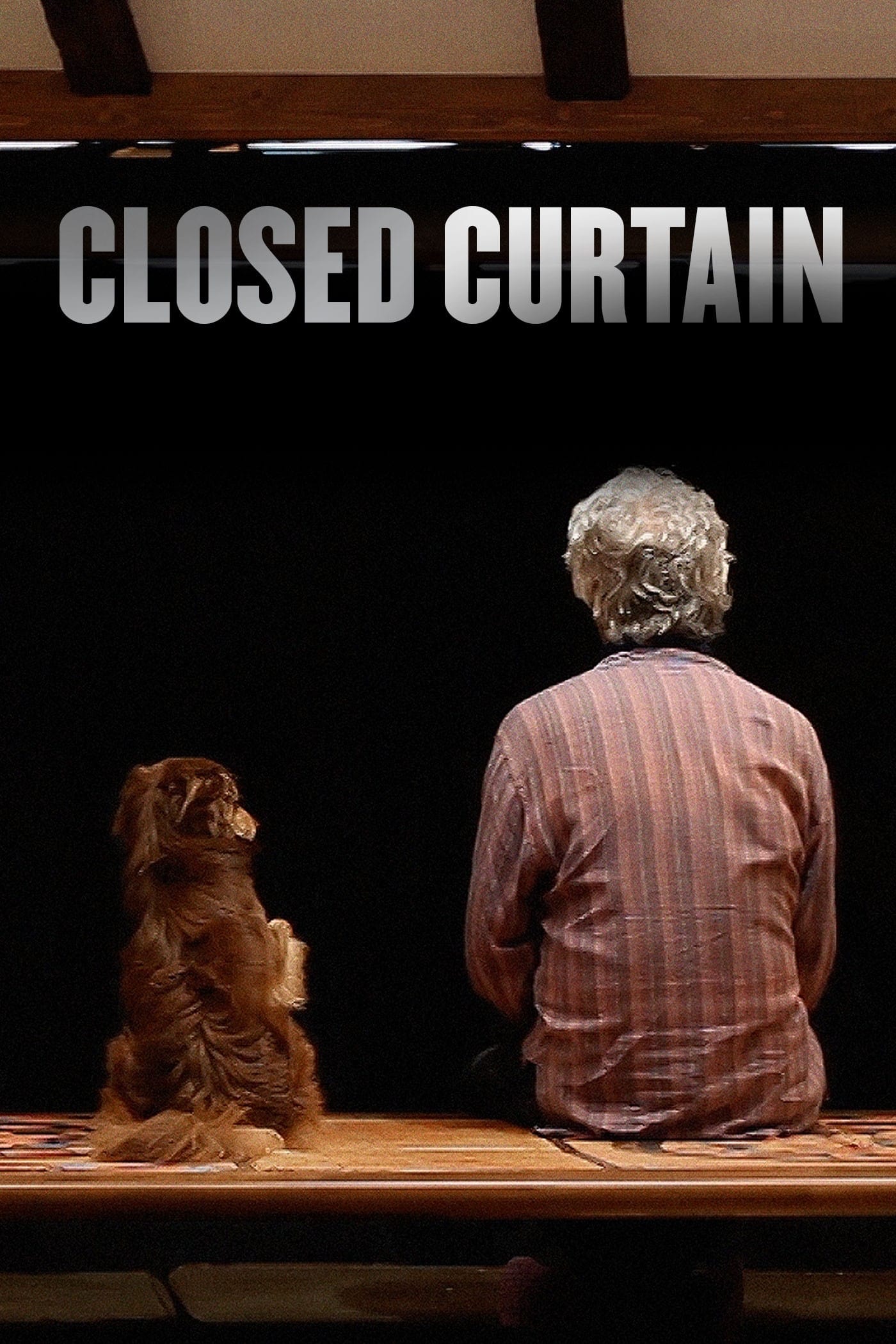
Closed Curtain (2013)
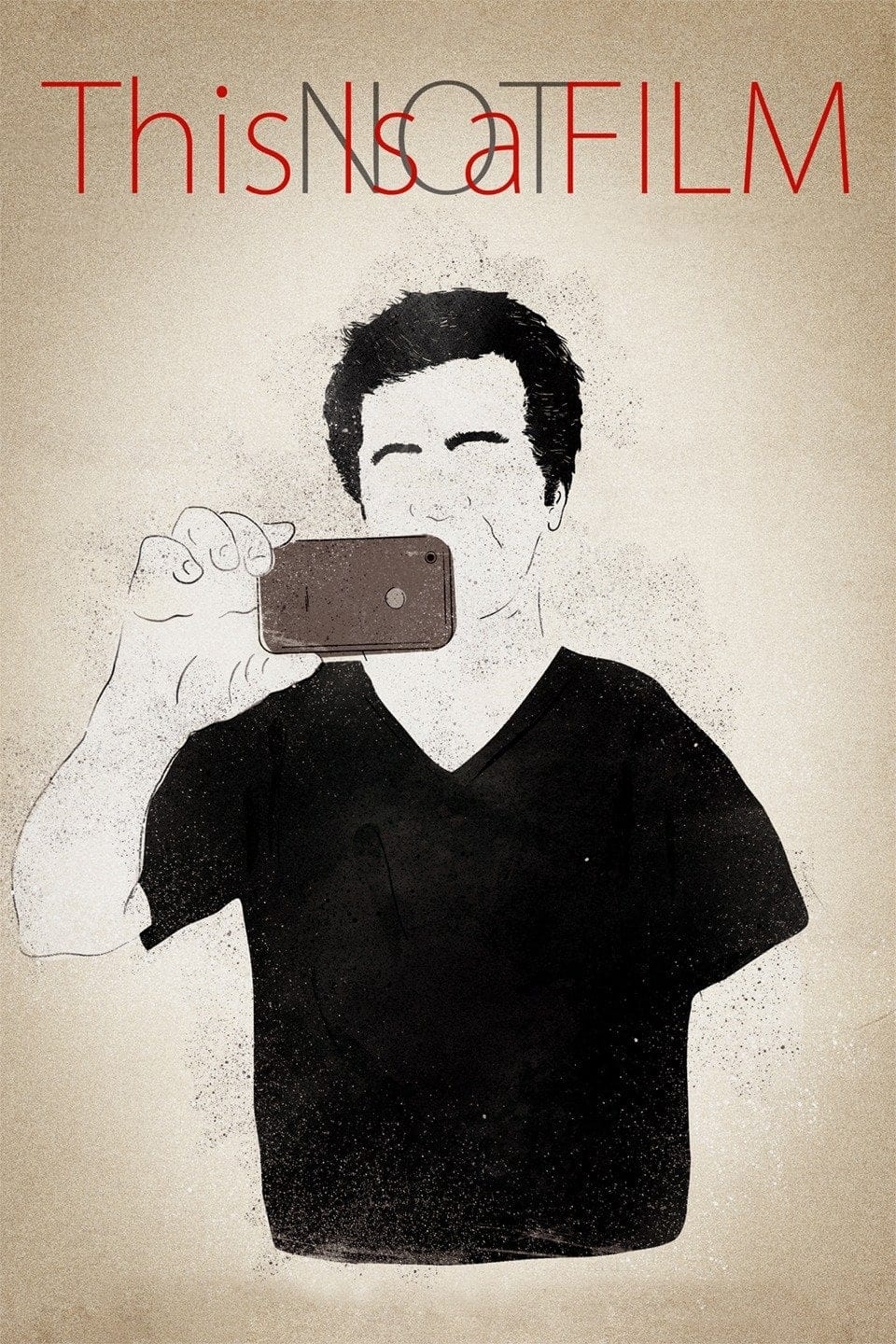
This Is Not a Film (2011)
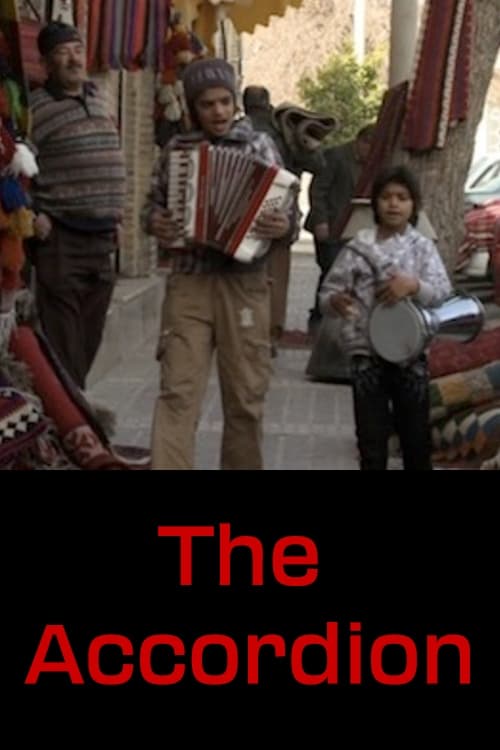
The Accordion (2010)
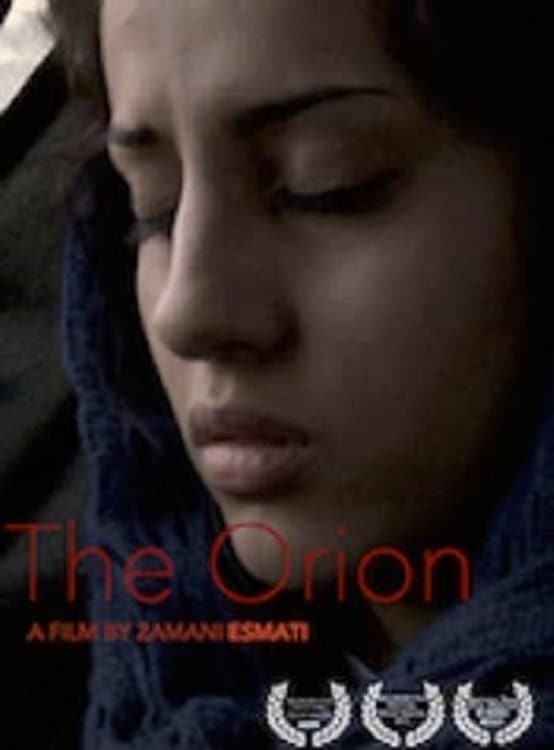
Orion (2010)
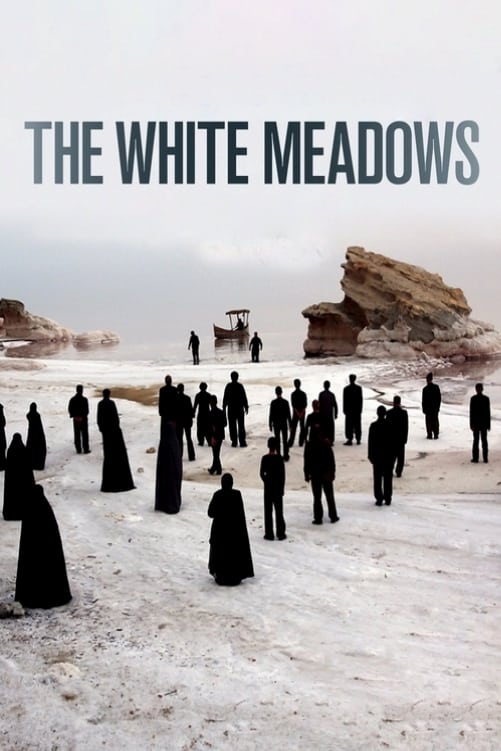
The White Meadows (2009)
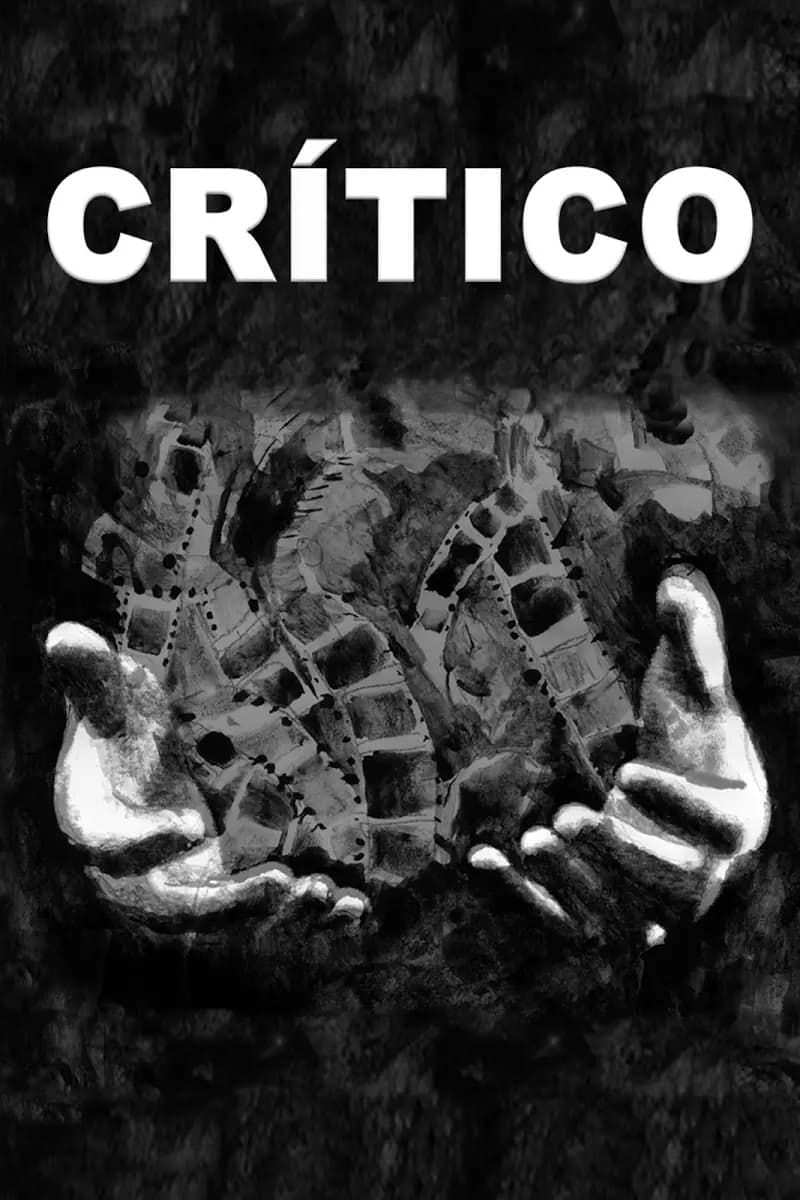
Crítico (2008)
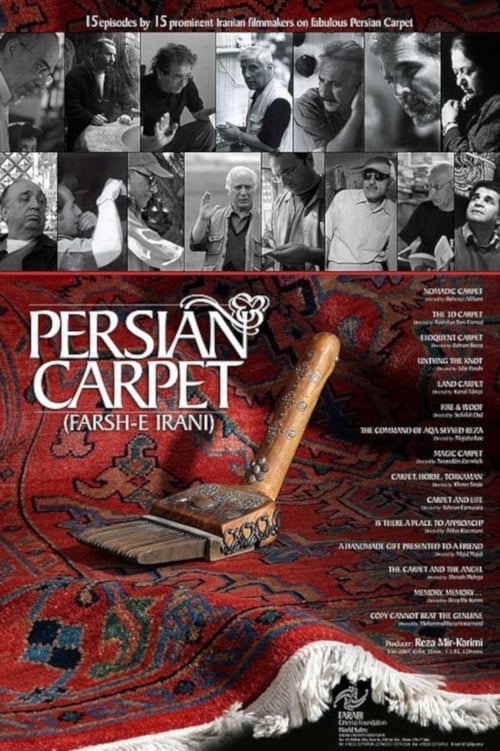
Persian Carpet (2007)
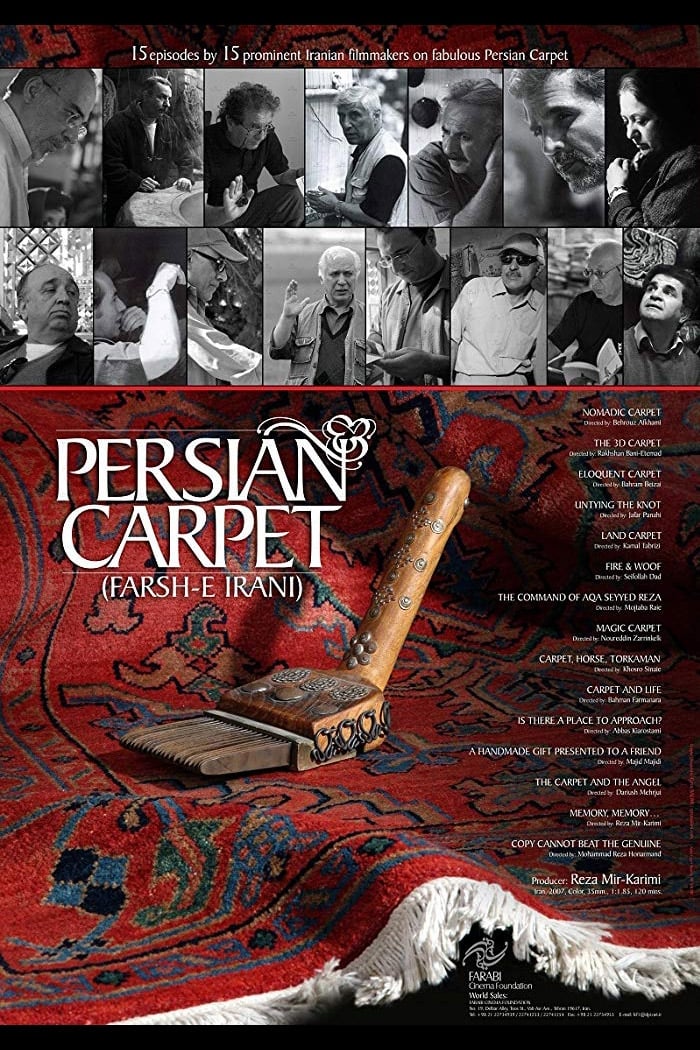
Untying the Knot (2007)
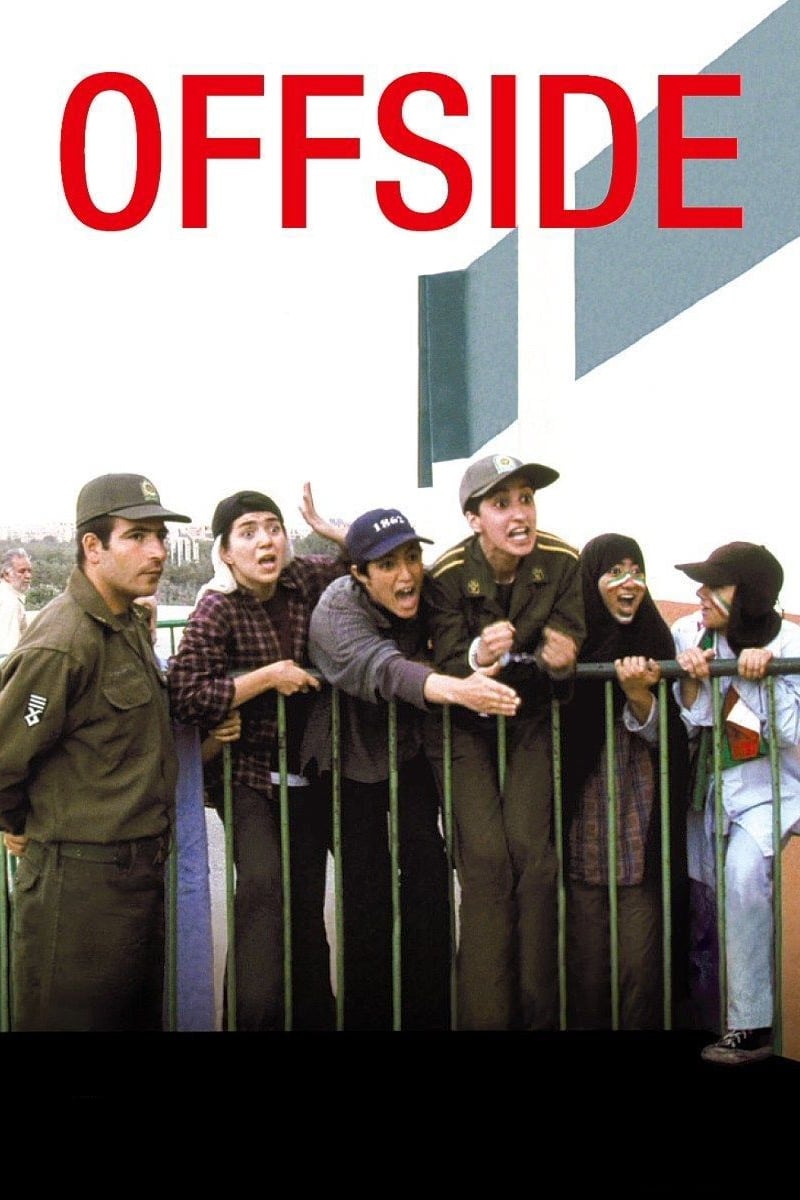
Offside (2006)
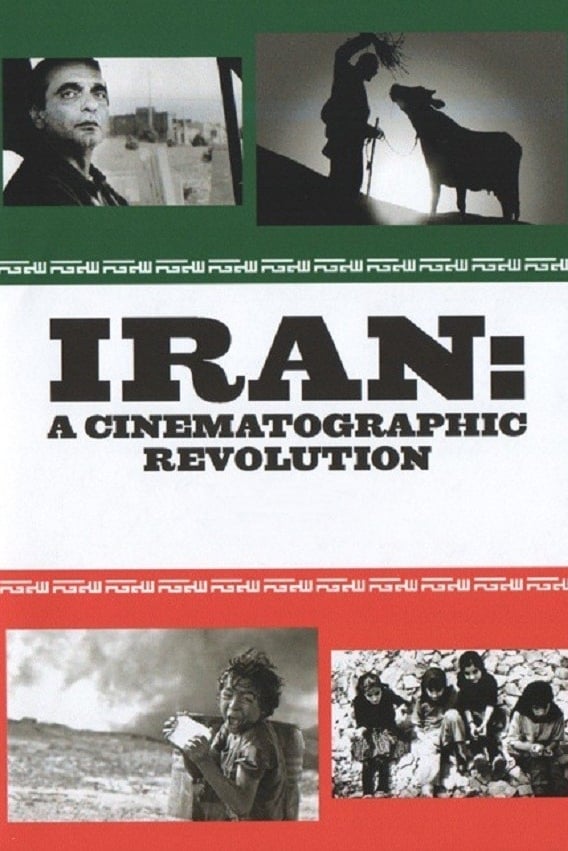
Iran: A Cinematographic Revolution (2006)
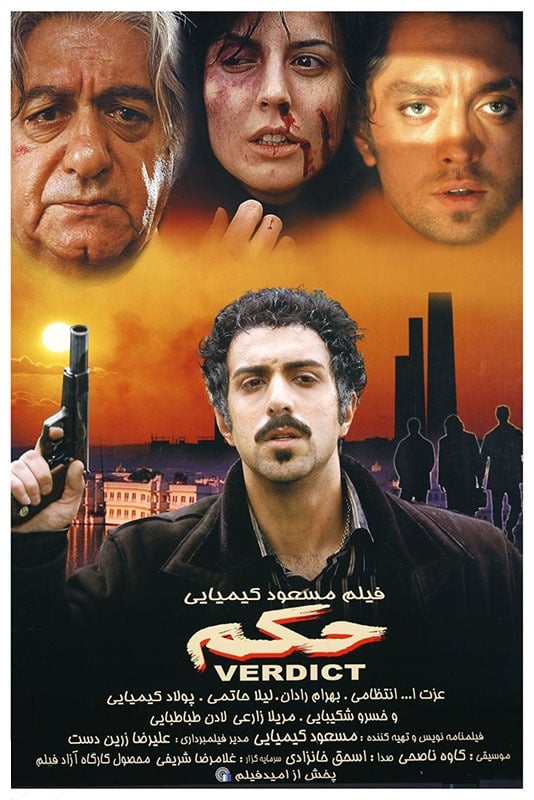
Verdict (2005)
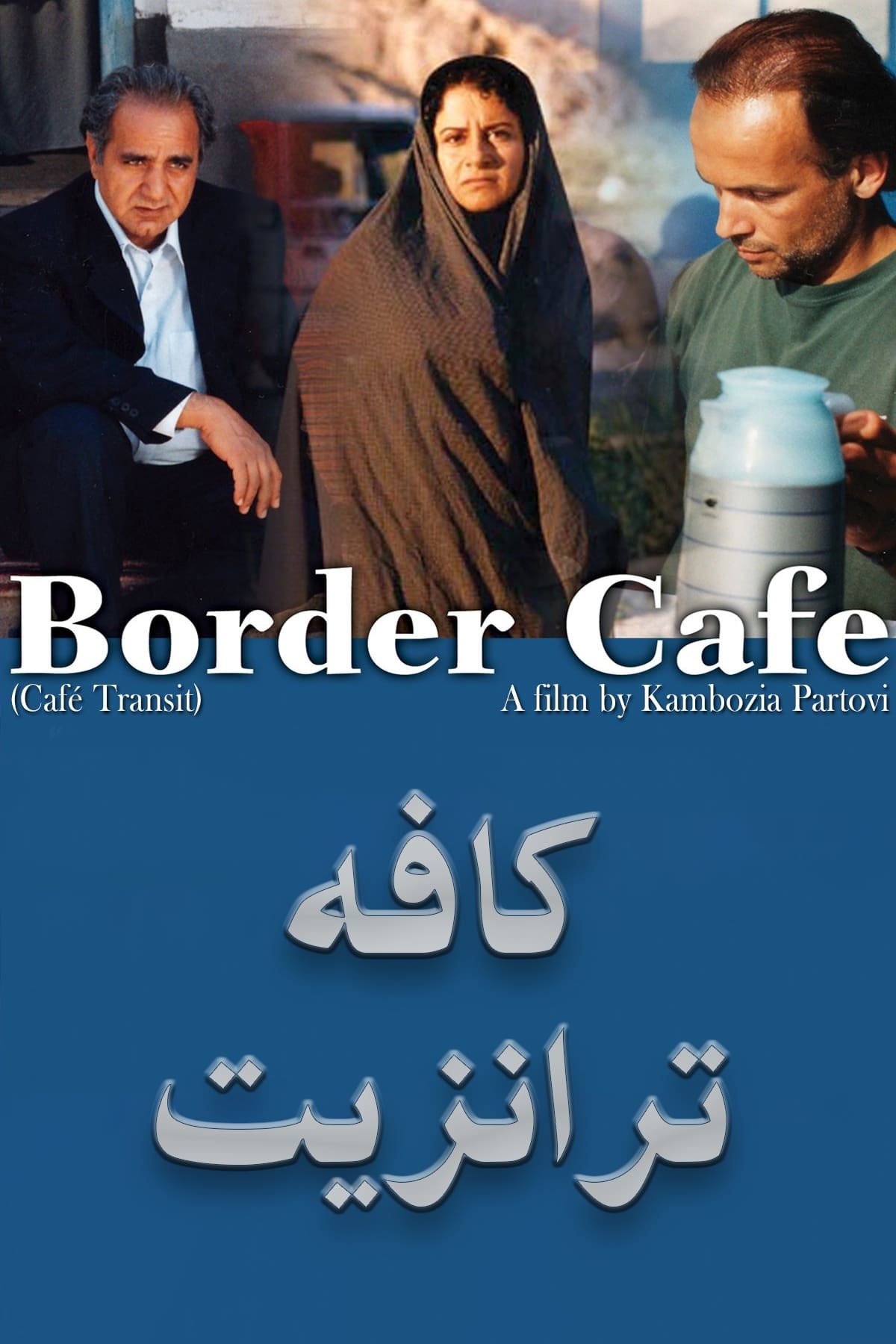
Border Café (2005)

Cinema Iran (2005)
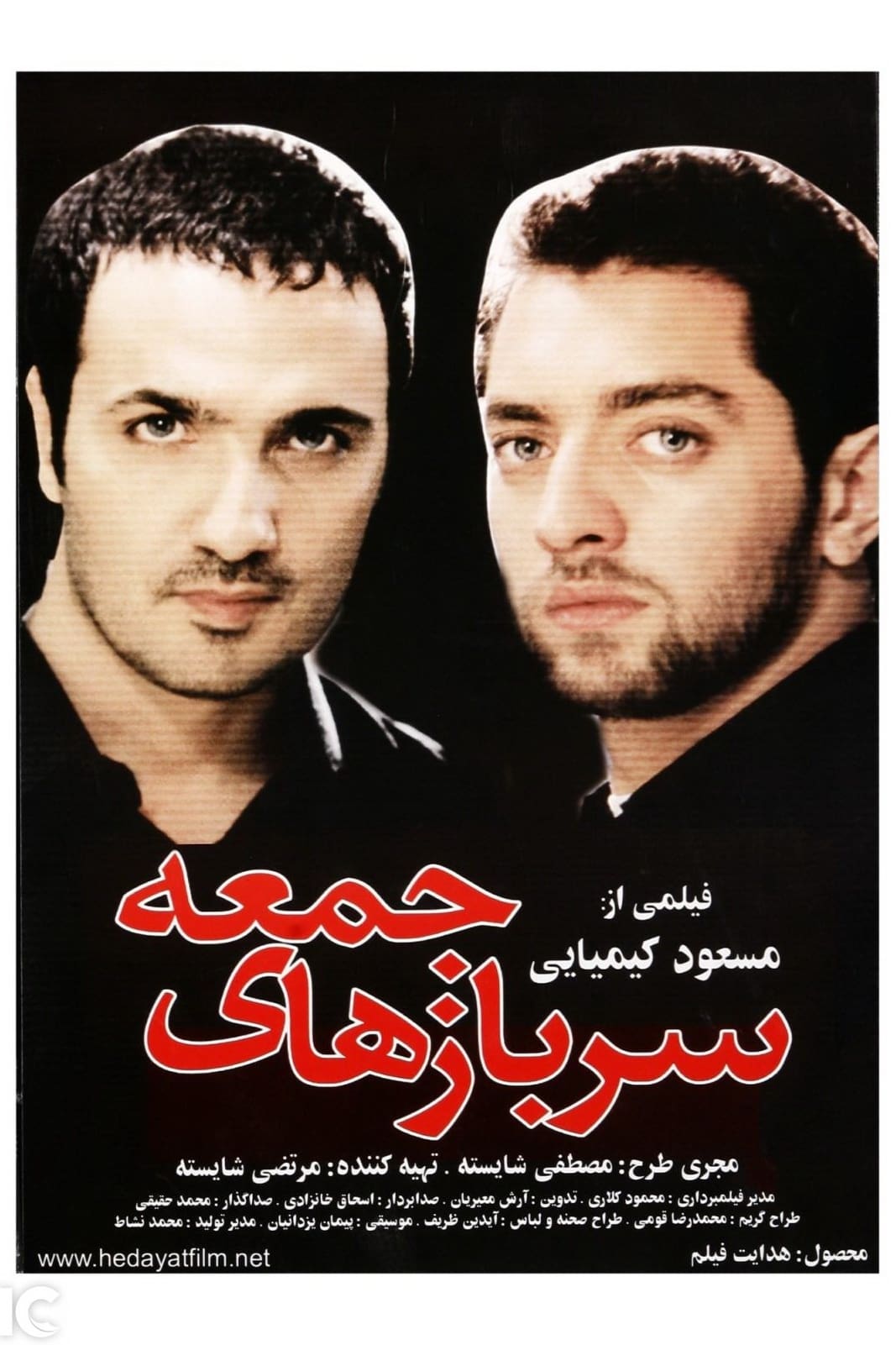
Friday's Soldiers (2004)
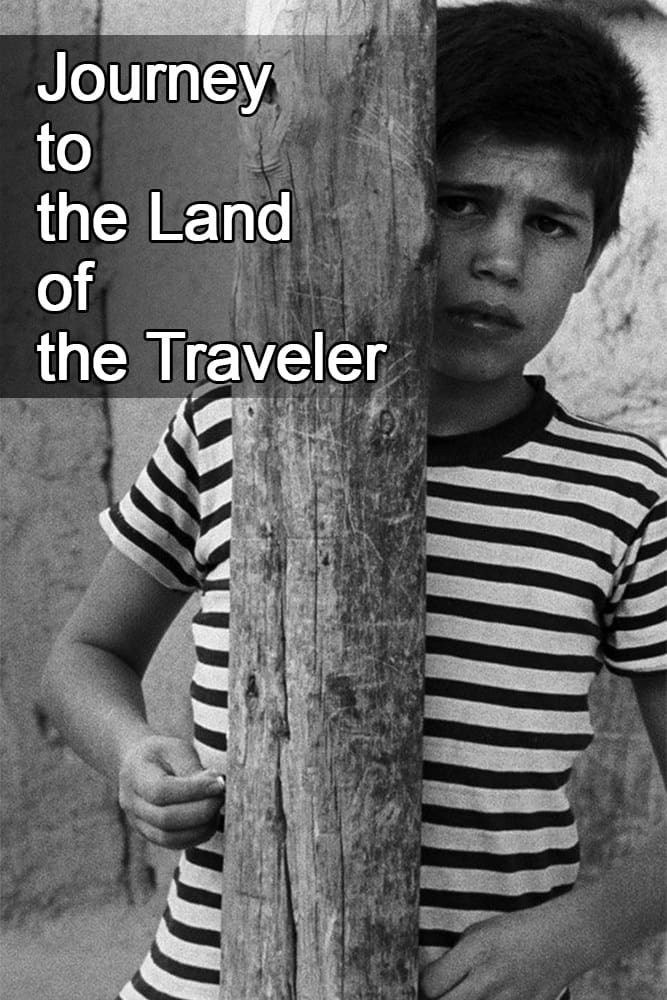
Journey to the Land of the Traveler (2004)
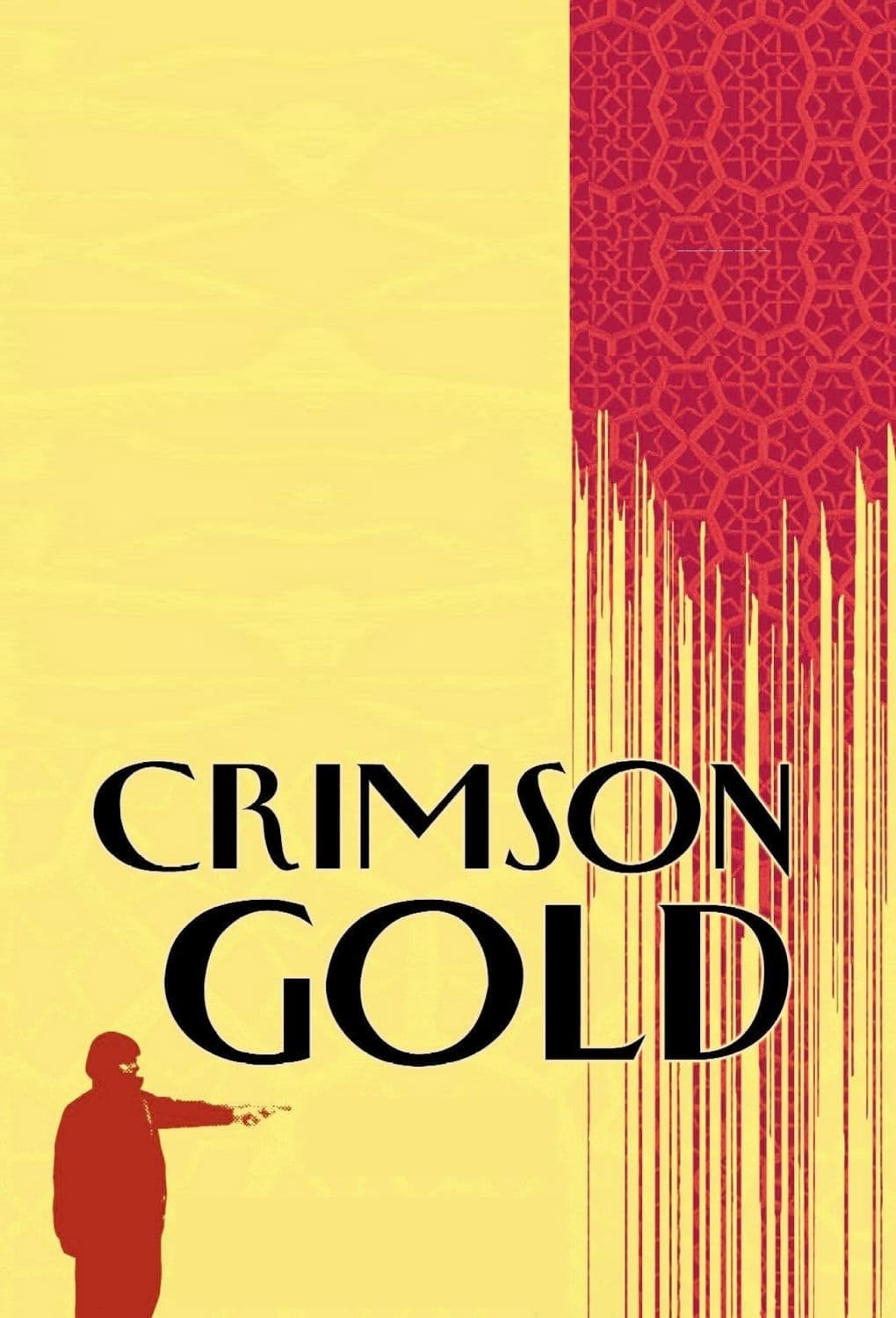
Crimson Gold (2003)
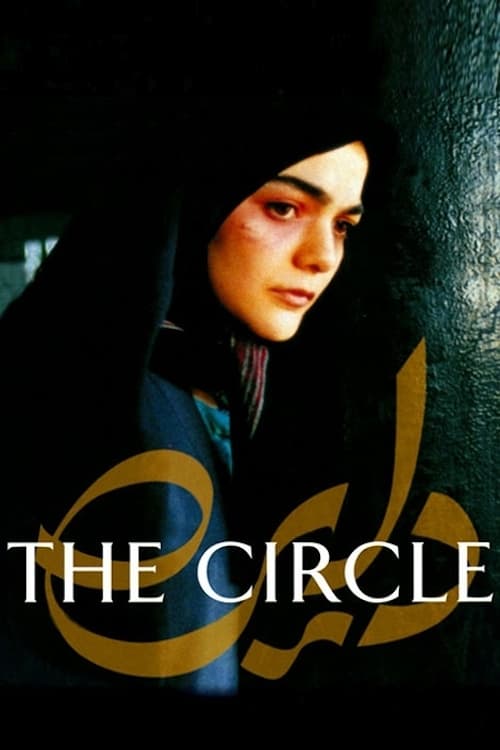
The Circle (2000)
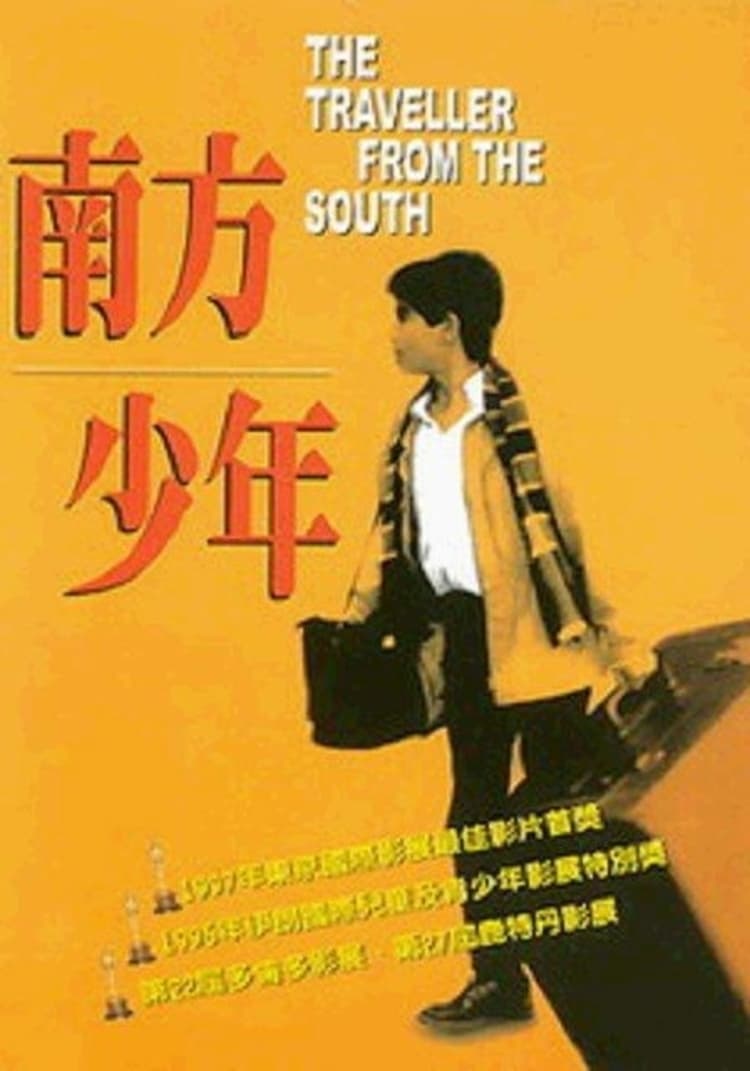
The Traveler from the South (1997)
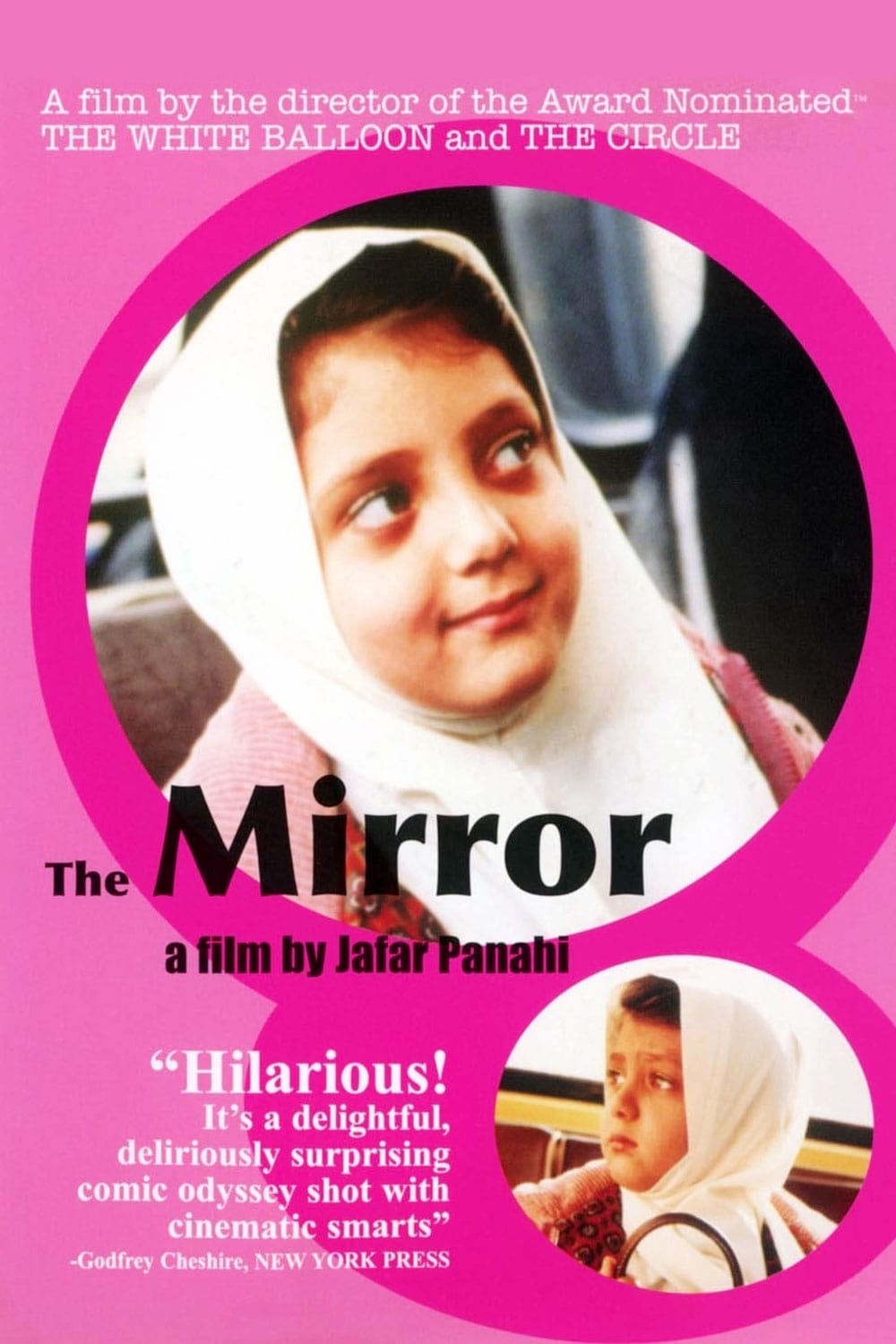
The Mirror (1997)
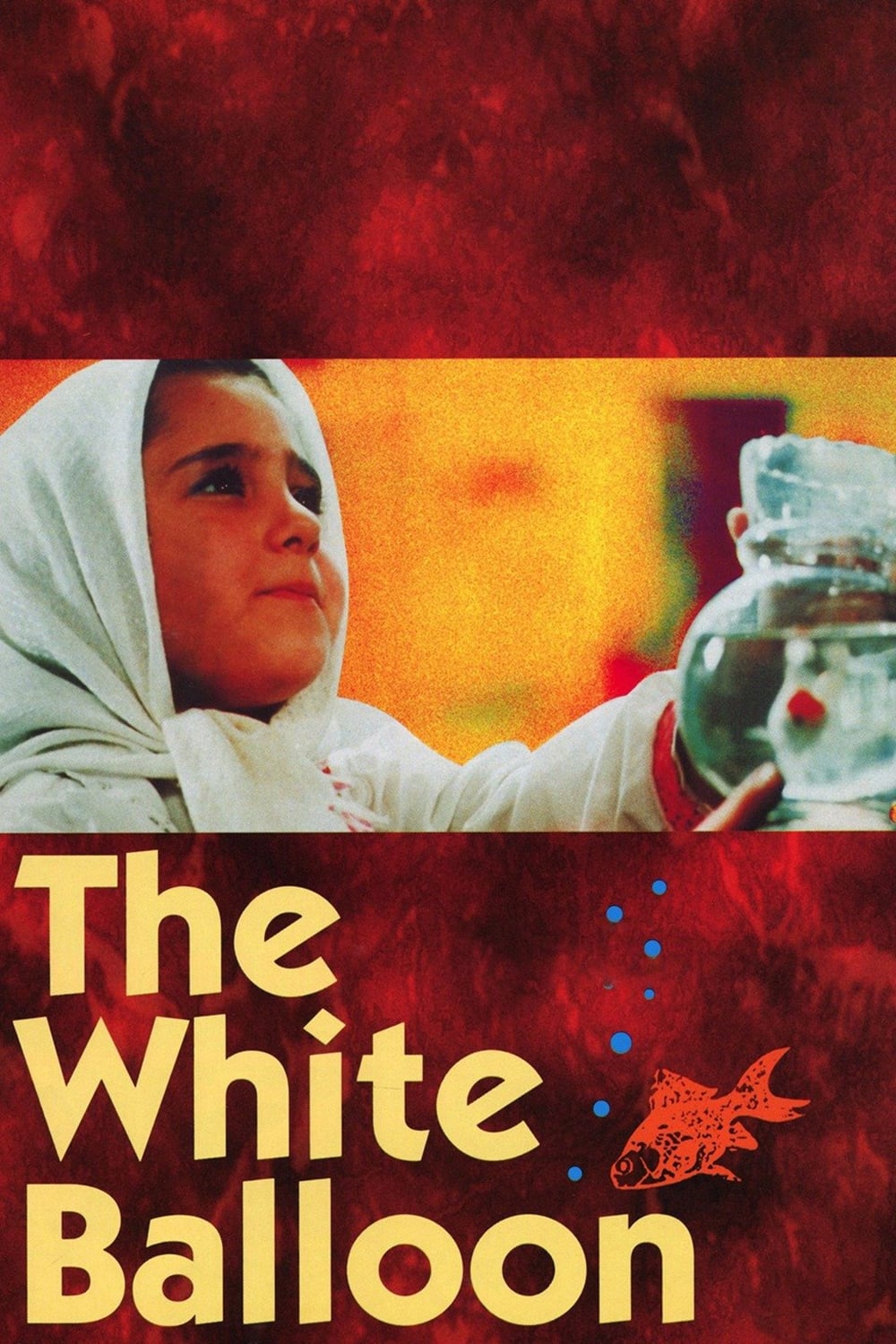
The White Balloon (1995)
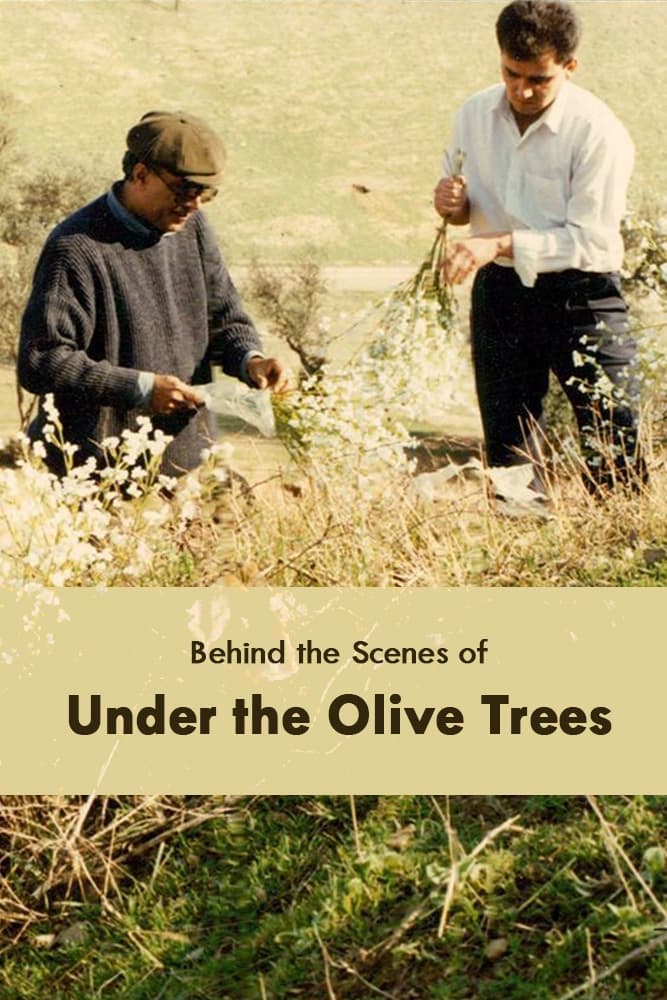
Behind the Scenes of 'Under the Olive Trees' (1994)
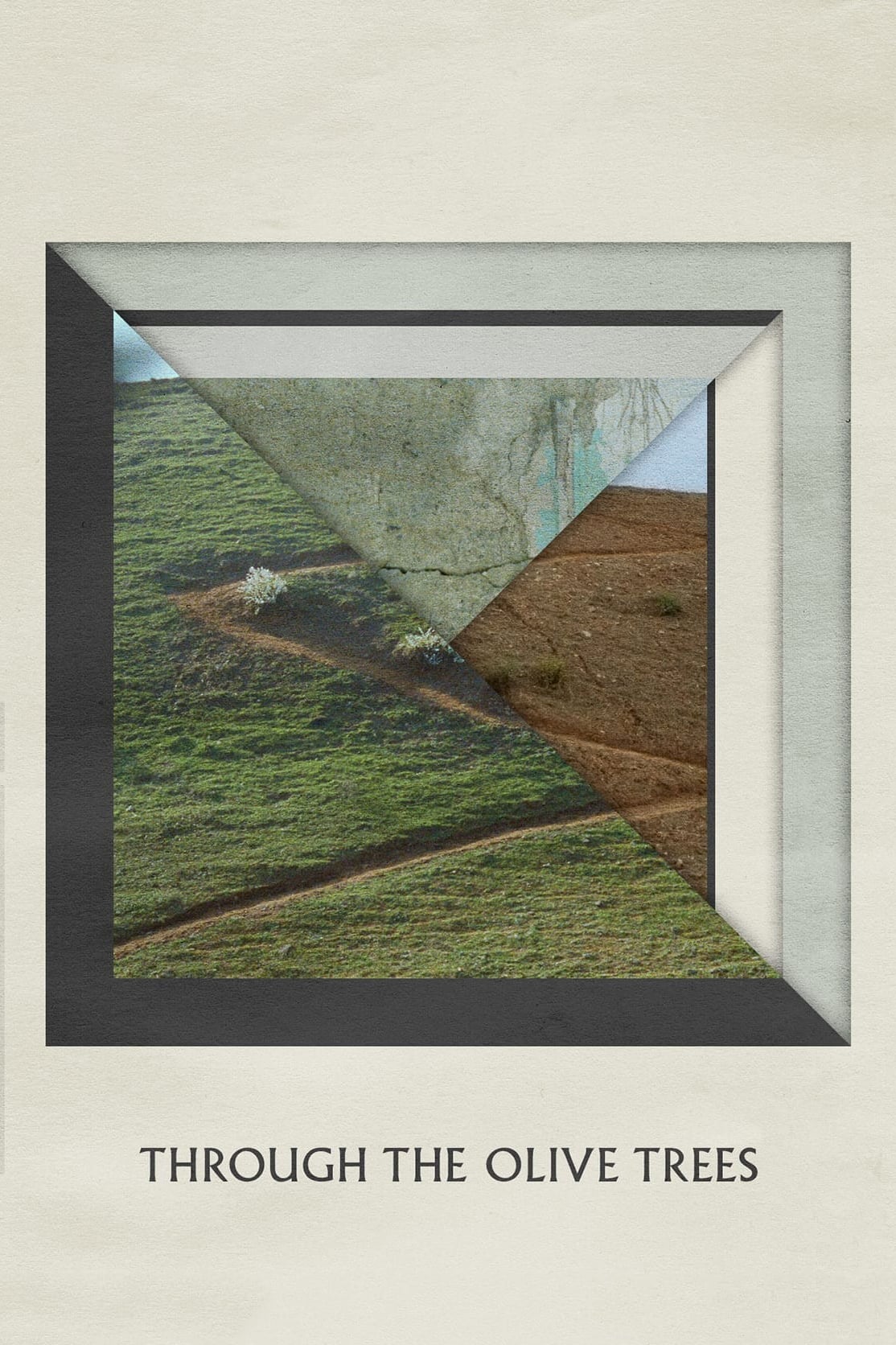
Through the Olive Trees (1994)
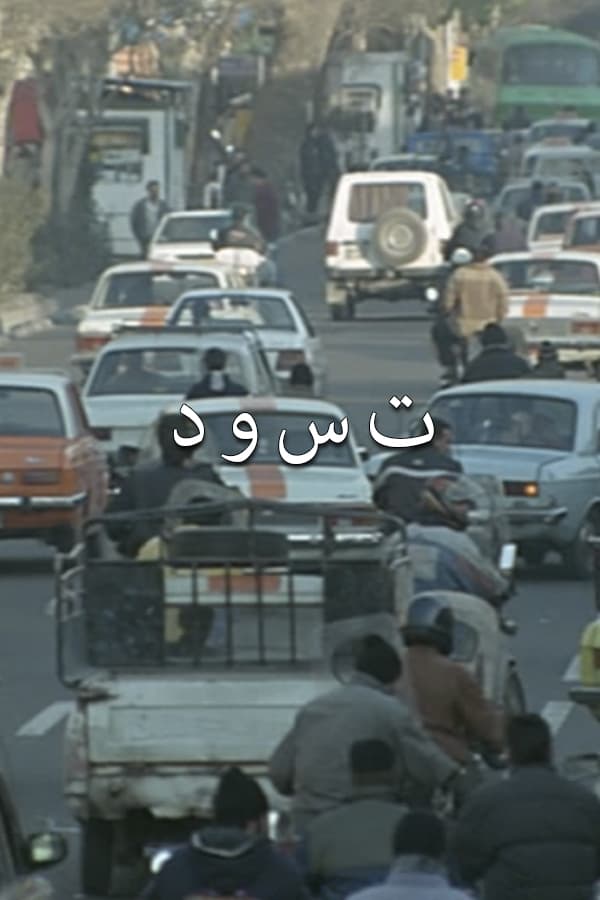
The Friend (1992)

Akharin emtehan (1992)

The Second Look (1989)

Yarali bashlar (1988)
Ratings
Gallery
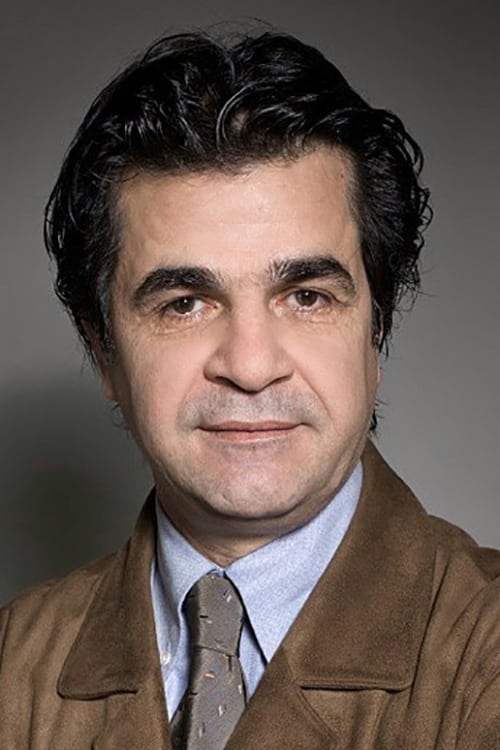

Information
Known ForDirecting
GenderMale
Birthday1960-07-11 (63 years old)
Birth PlaceMianeh, Iran
ReligionShia Islam
ChildrenPanah Panahi
CitizenshipsIran
ResidencesTehran, Iran
Also Known AsДжафар Панахи, 자파르 파나히, Jafaras Panahi
AwardsGolden Leopard, Preis für die Freiheit und Zukunft der Medien, Un Certain Regard, Best Screenplay Award (Cannes Film Festival), Doctor honoris causa of the University of Strasbourg, Silver Bear for Best Script, Caméra d'Or, Carrosse d'or, Silver Bear, Golden Lion, Golden Bear, Sakharov Prize
This article uses material from Wikipedia.
 Jafar Panahi
Jafar Panahi- Filmography
- Information
- Related Persons
